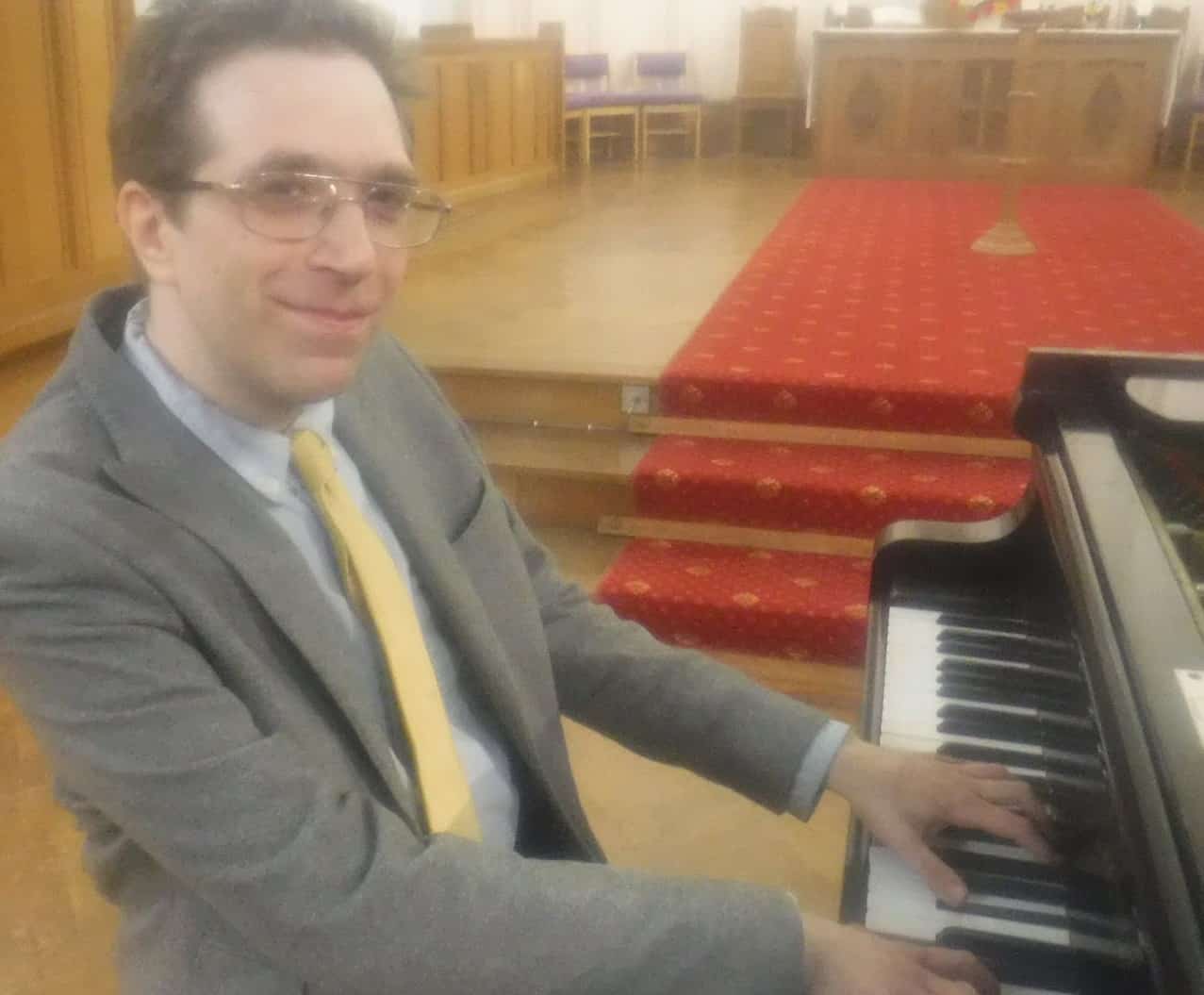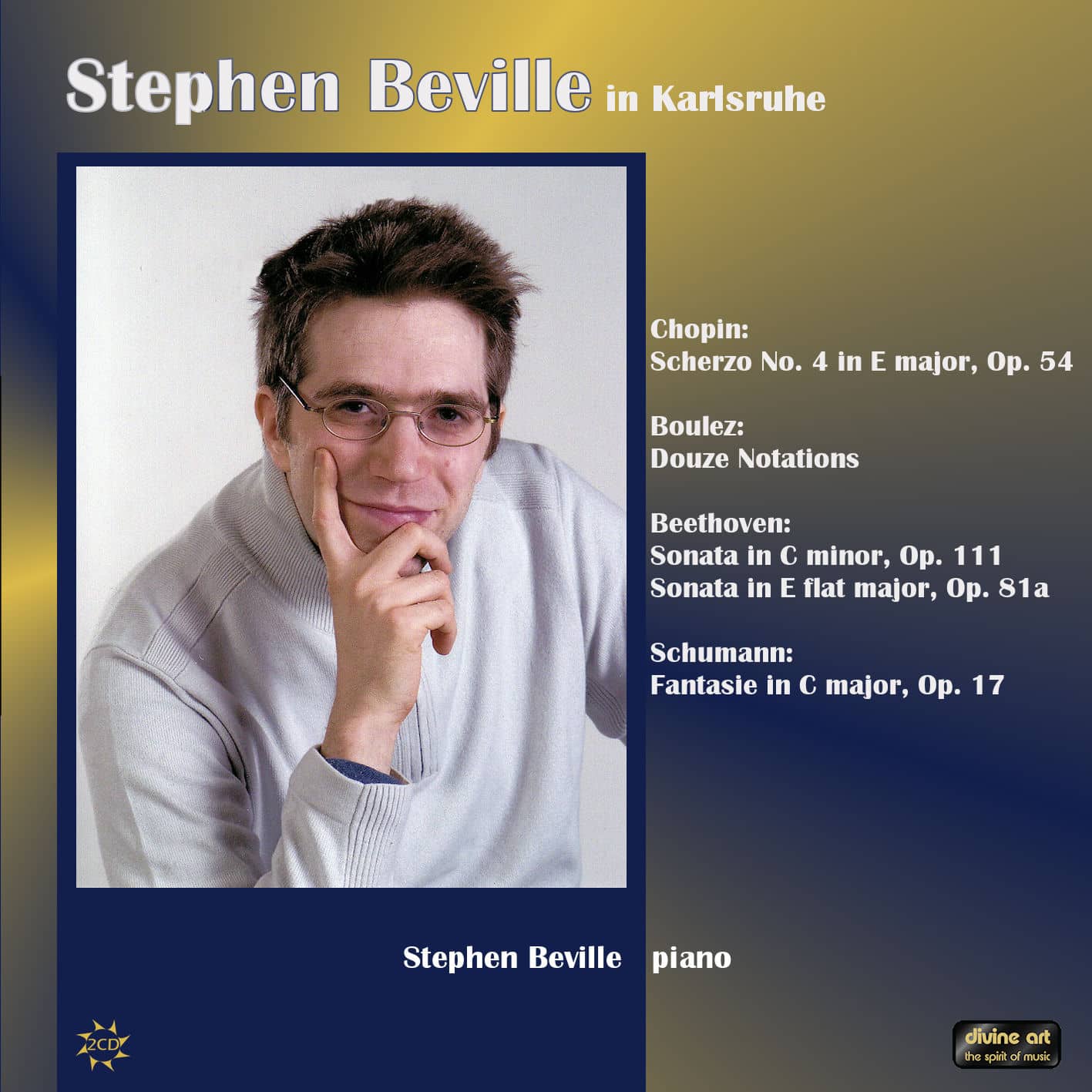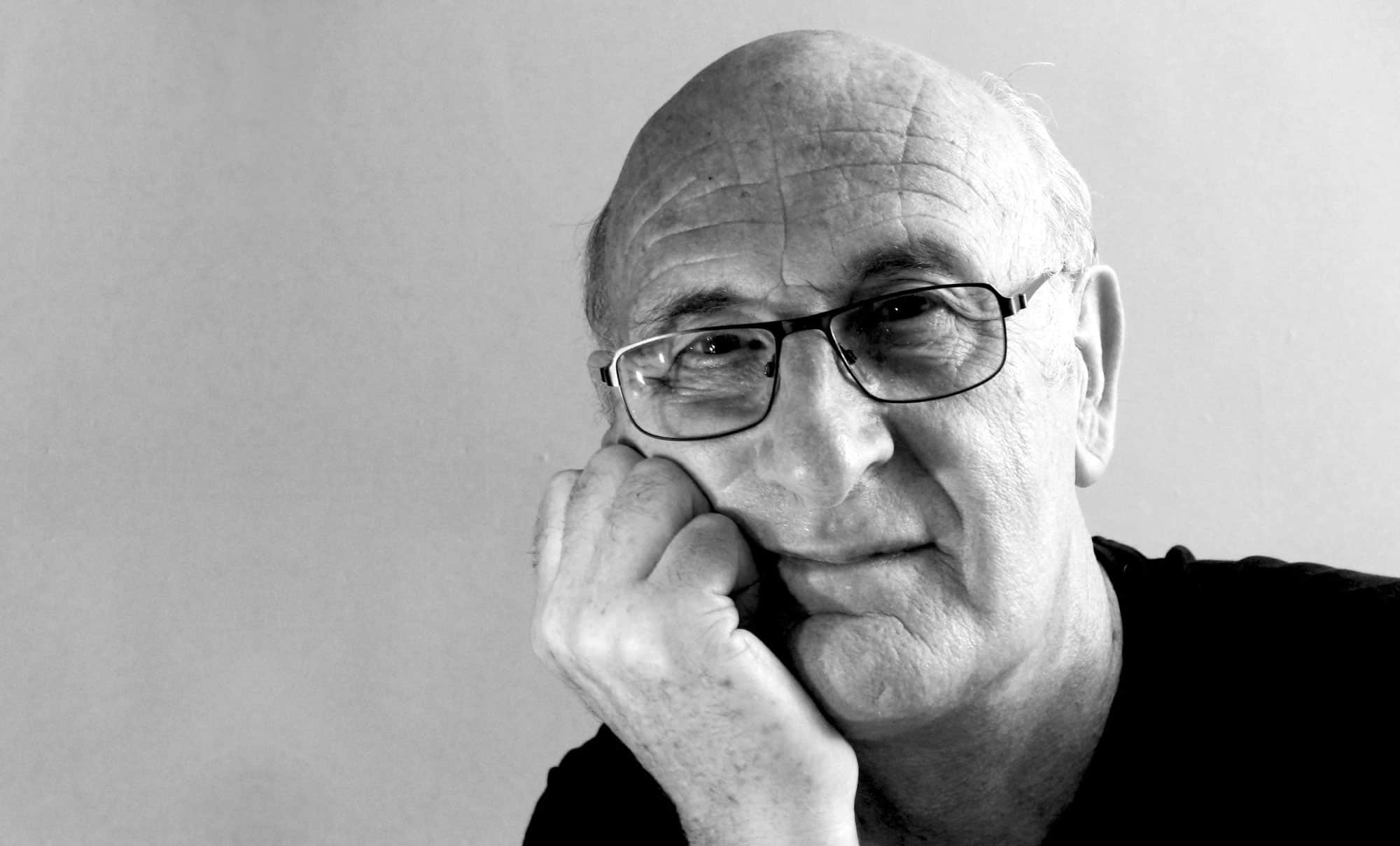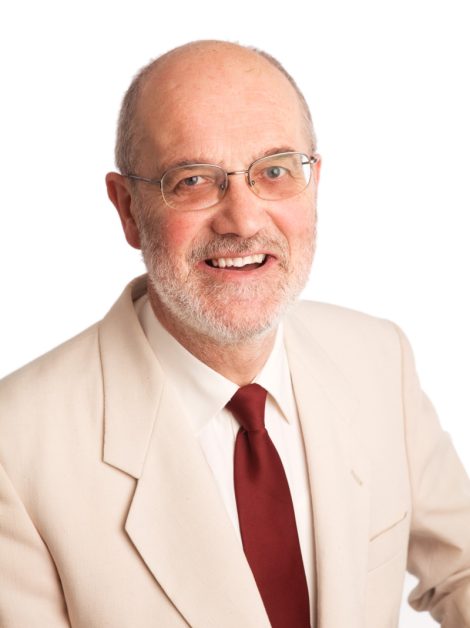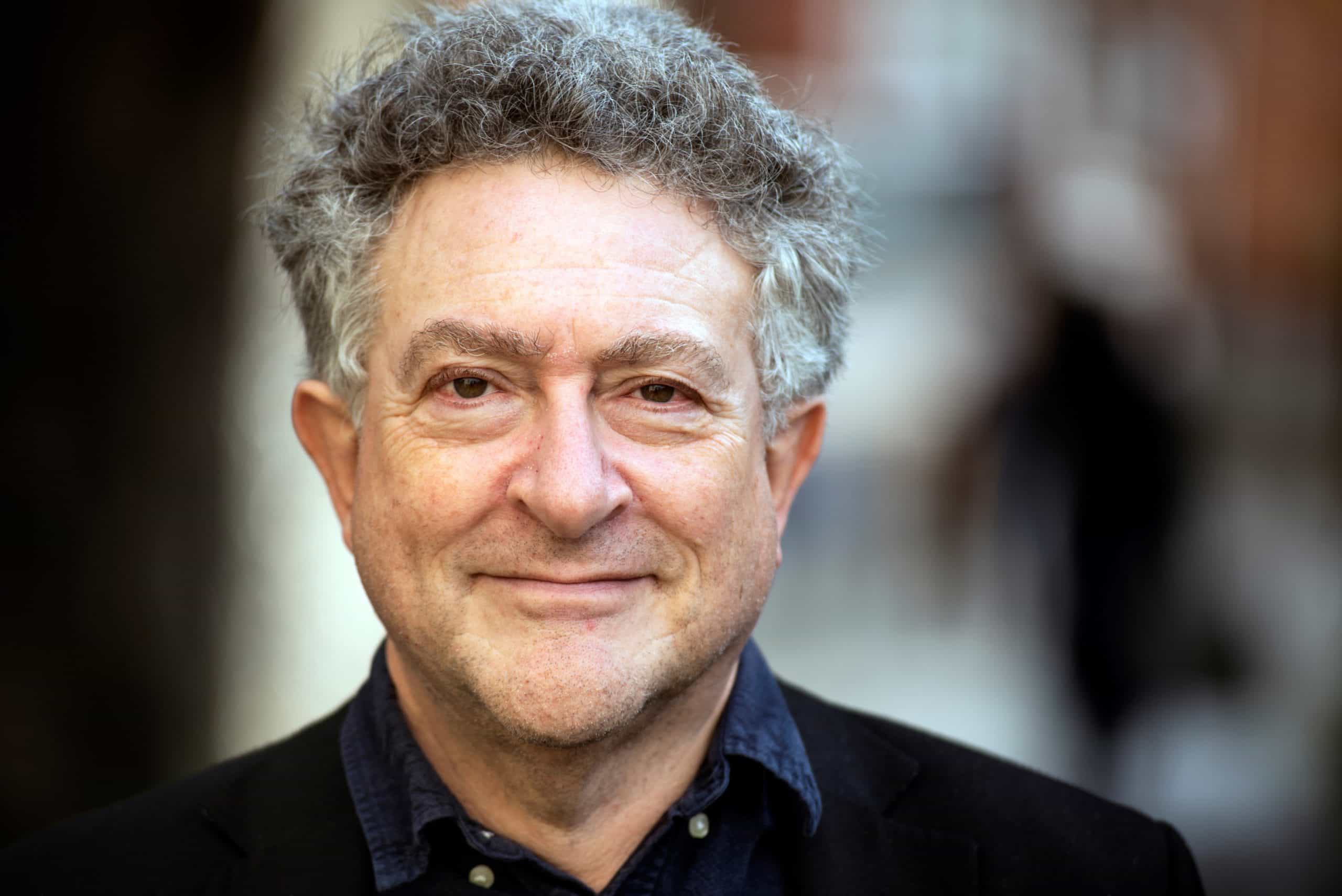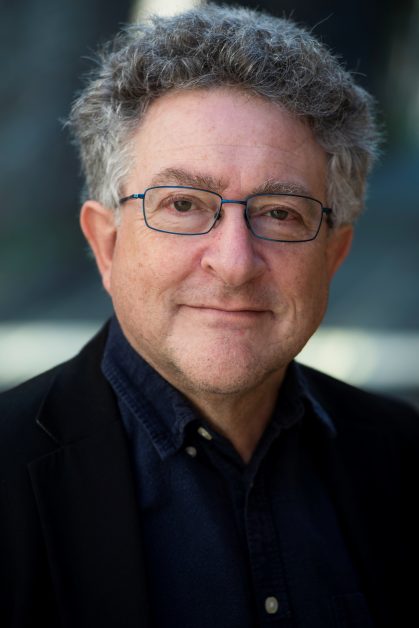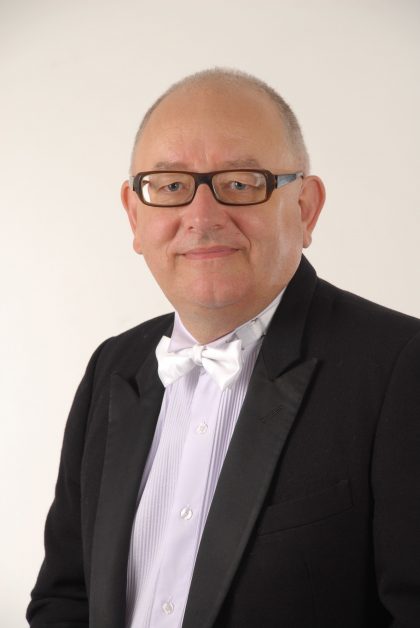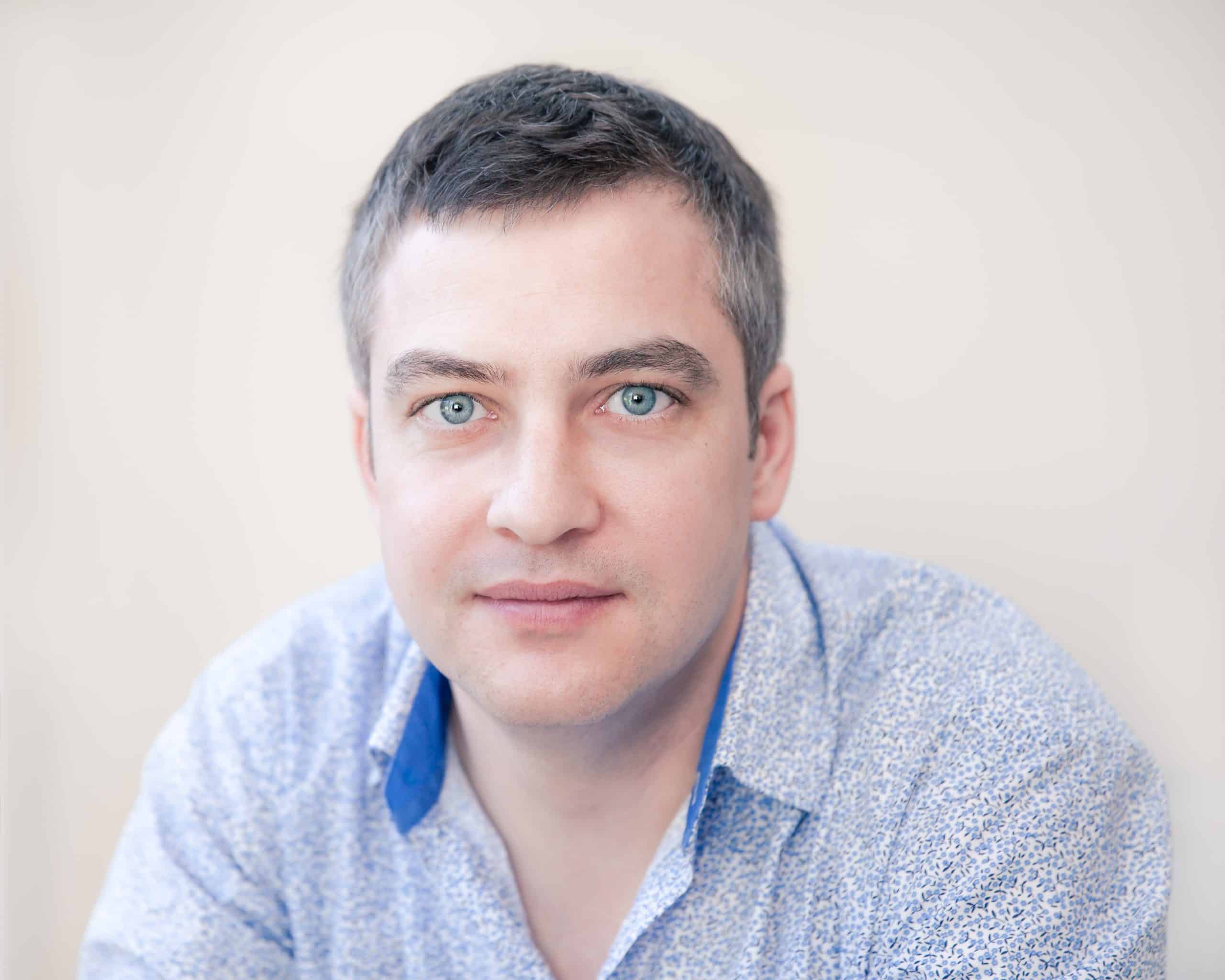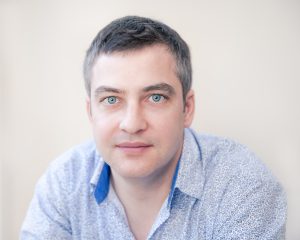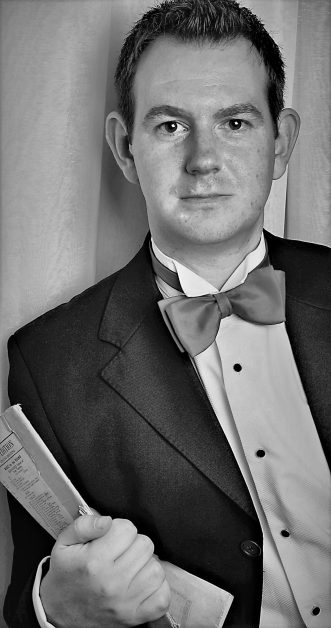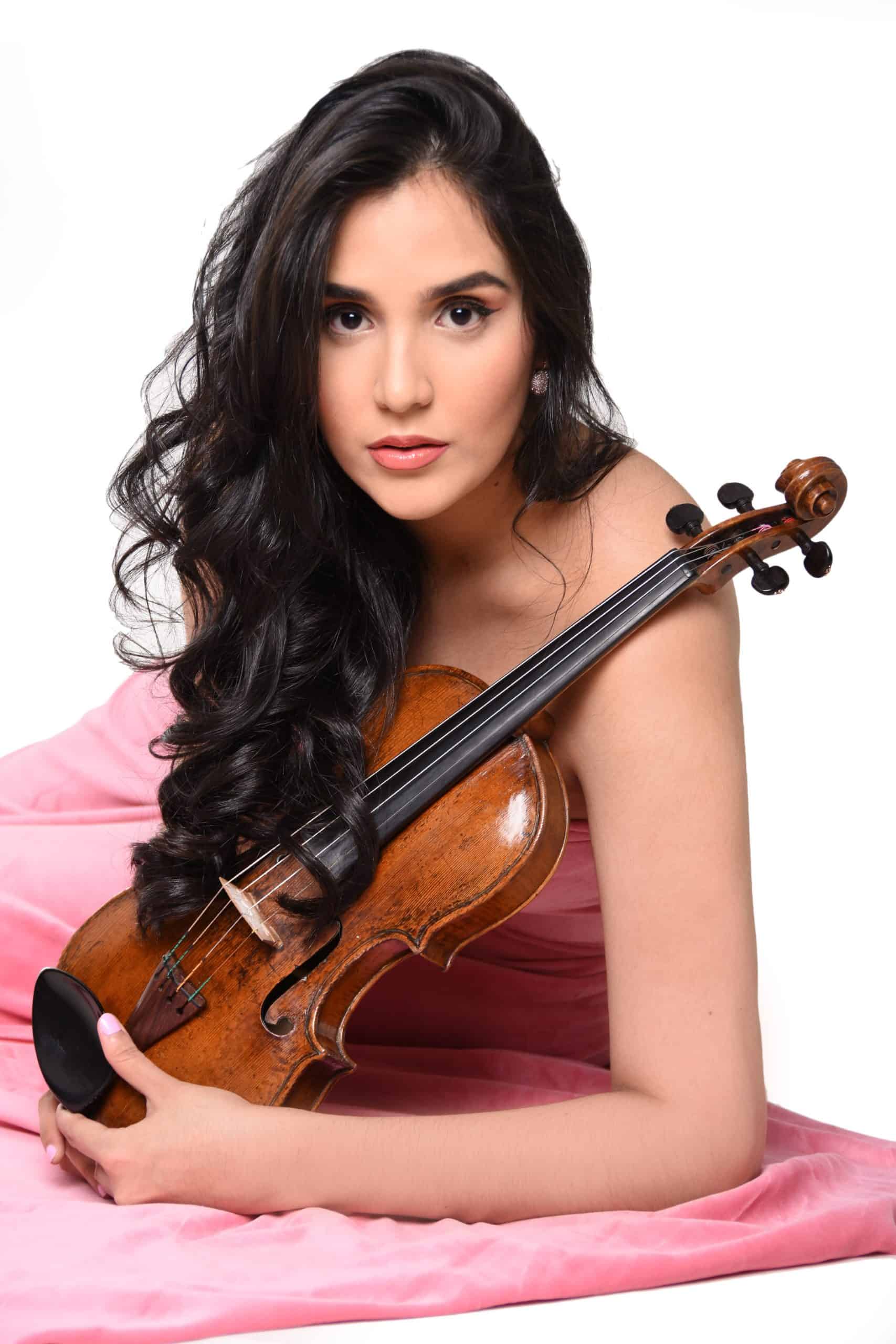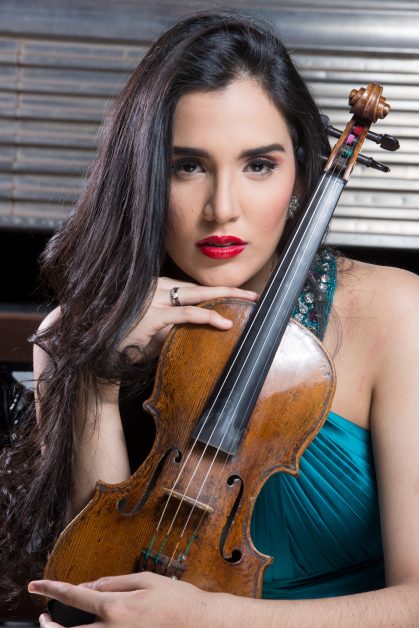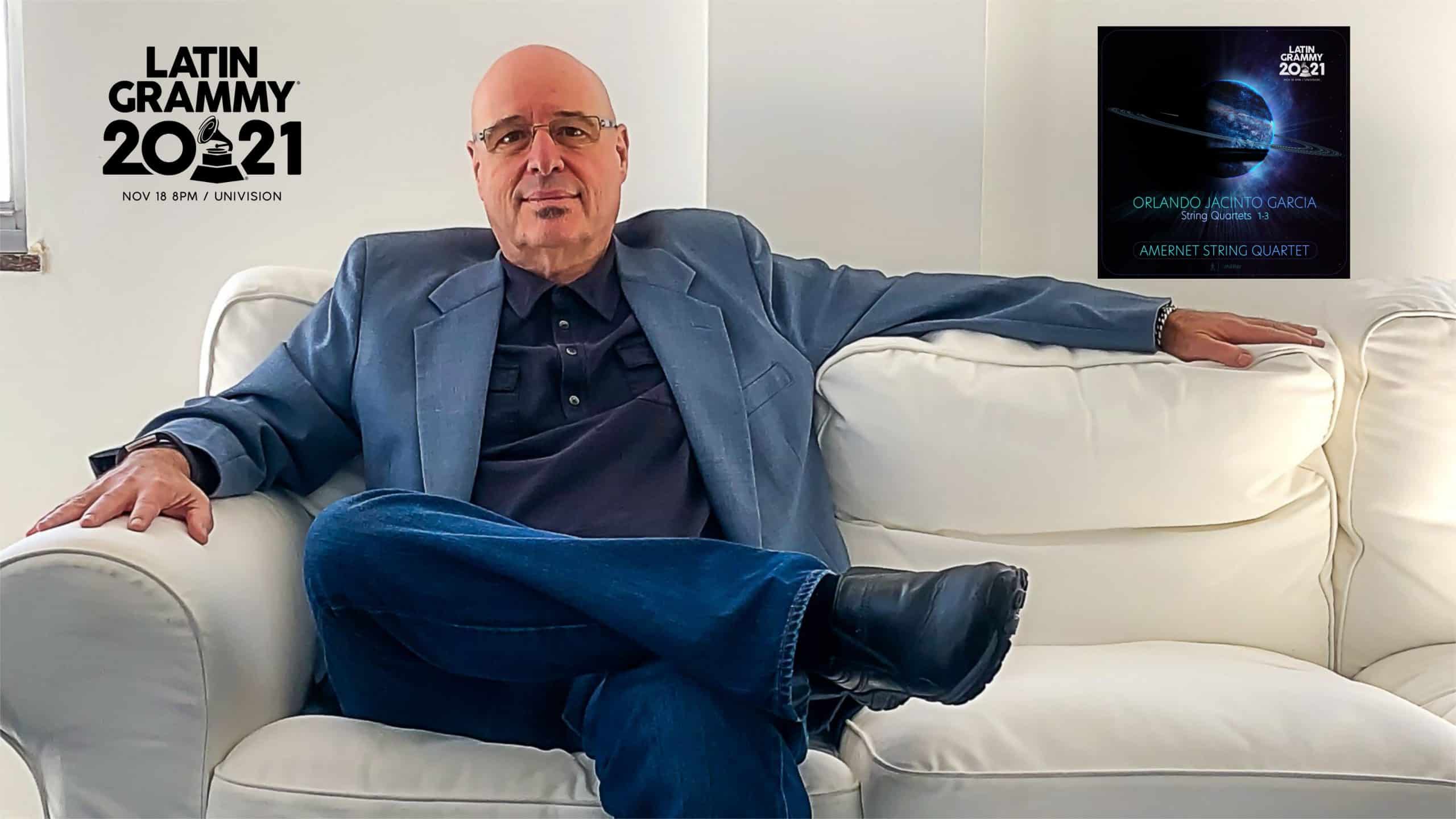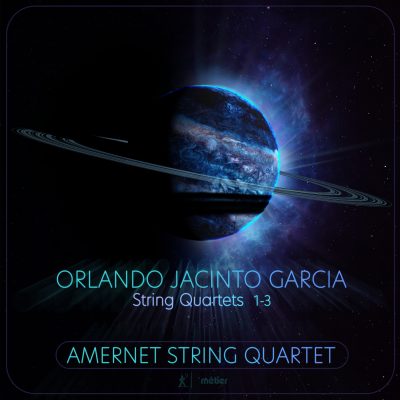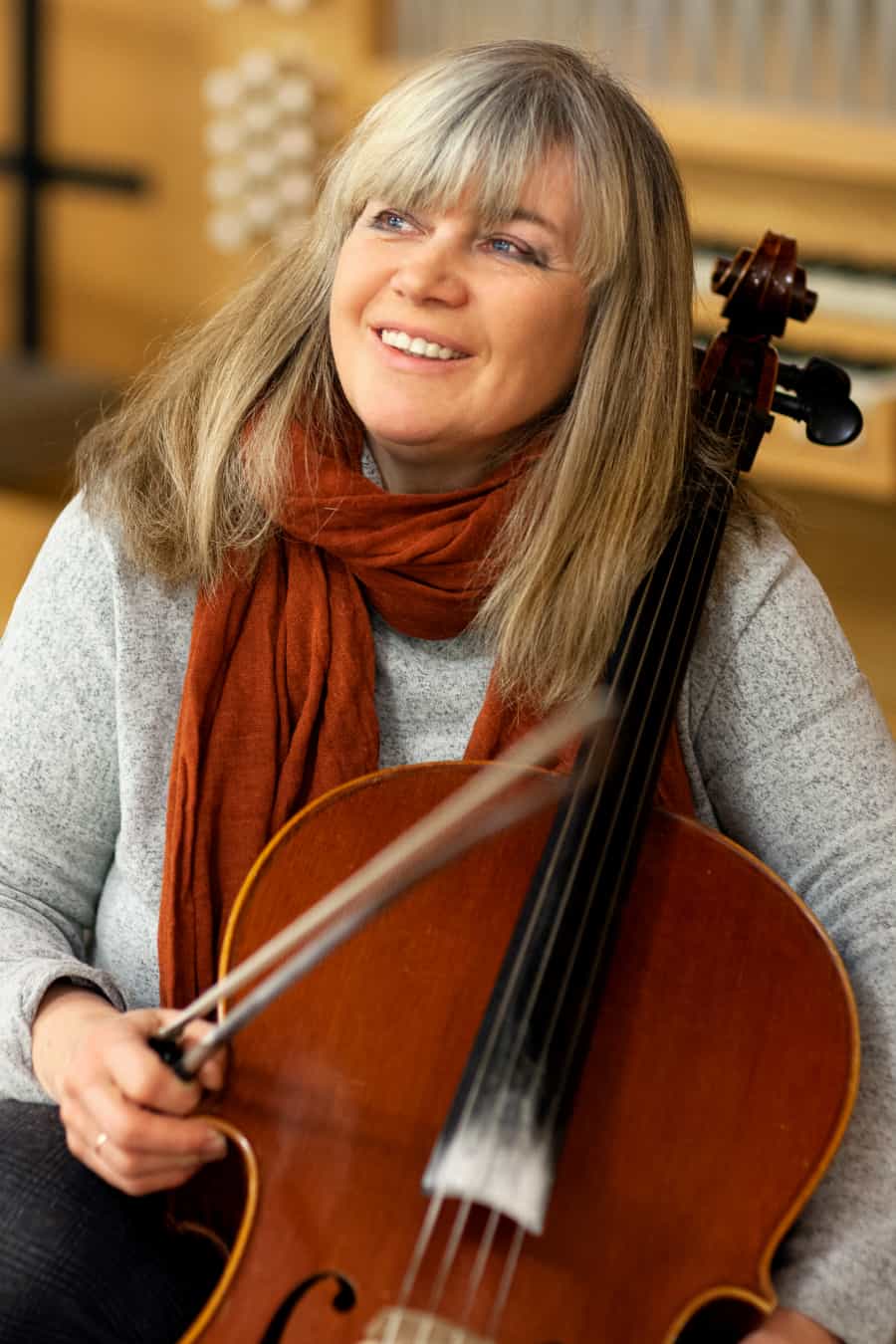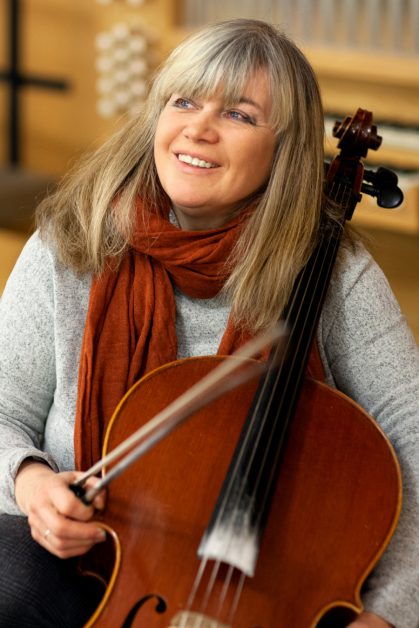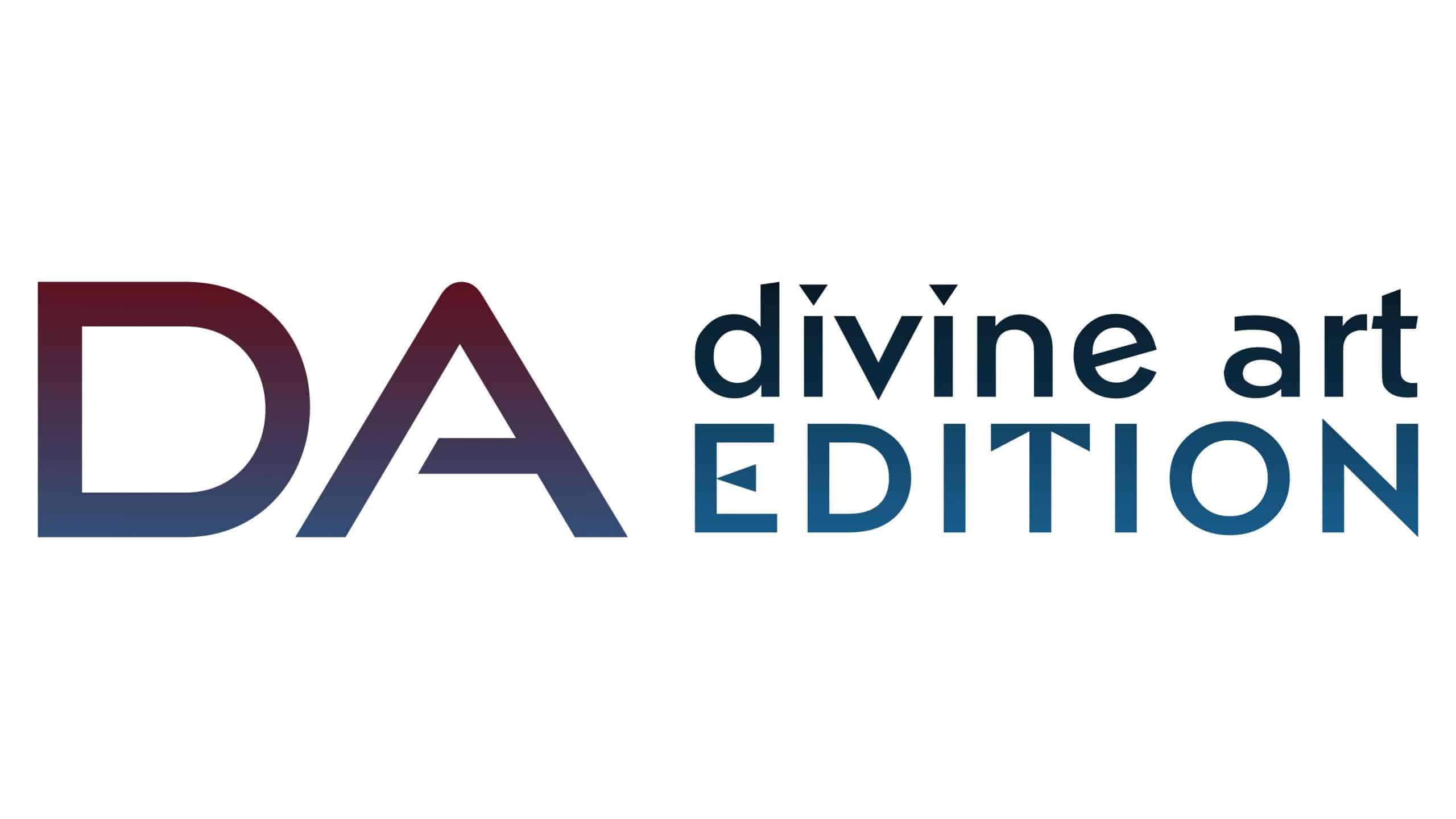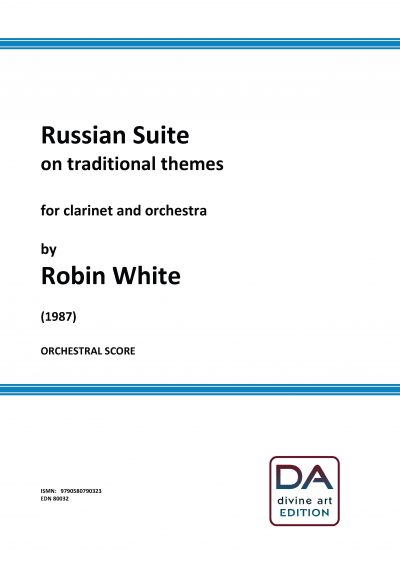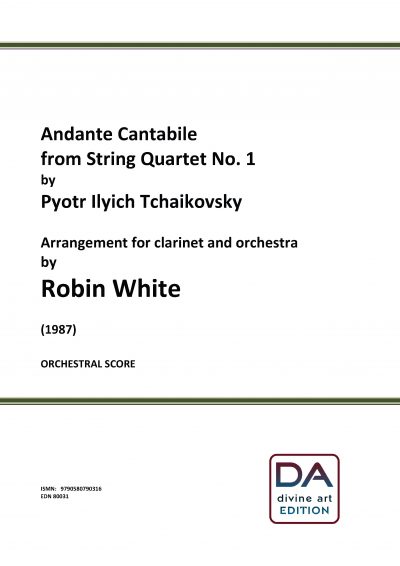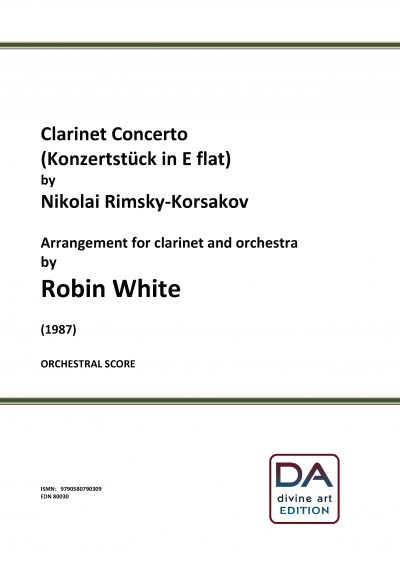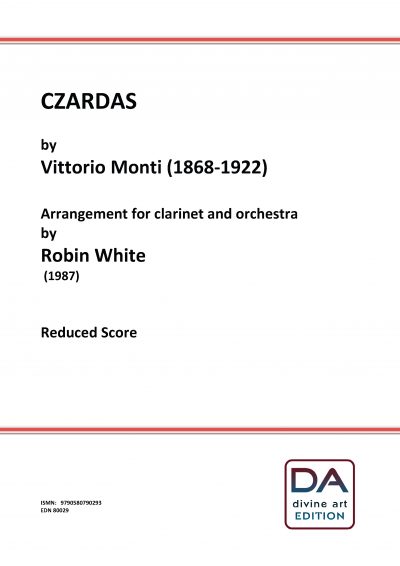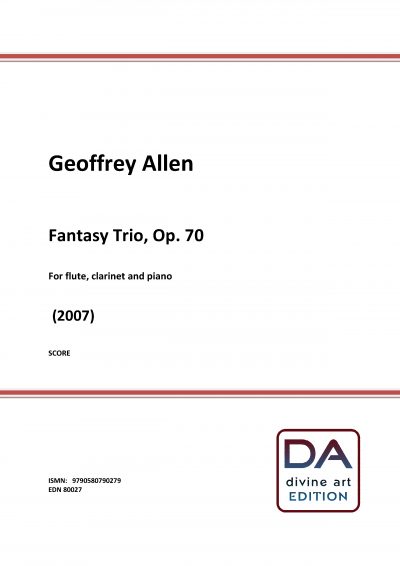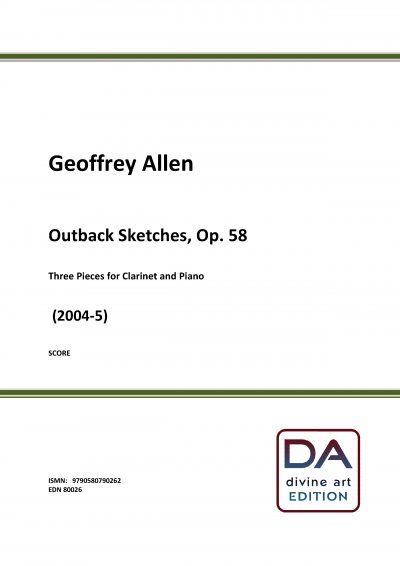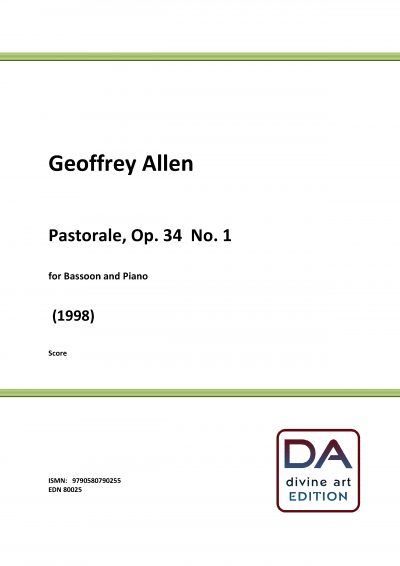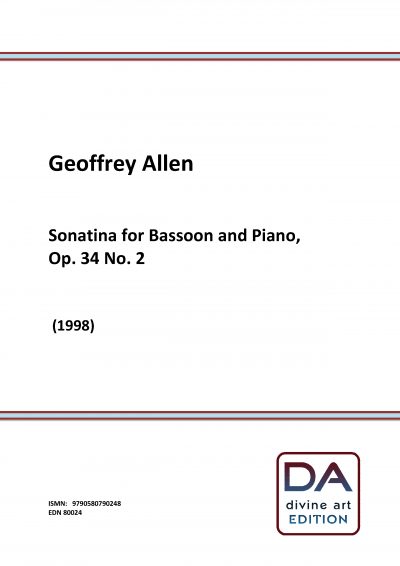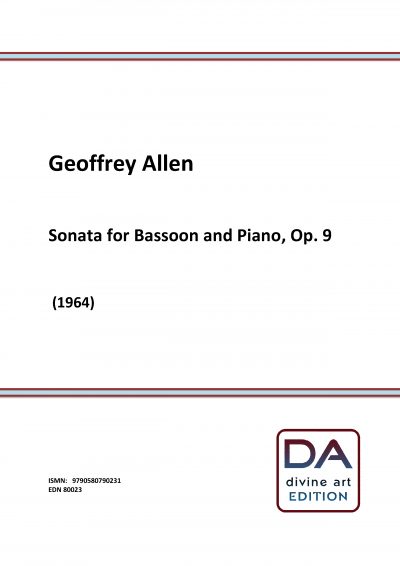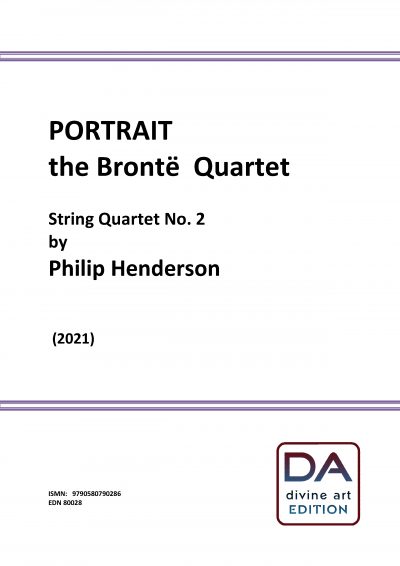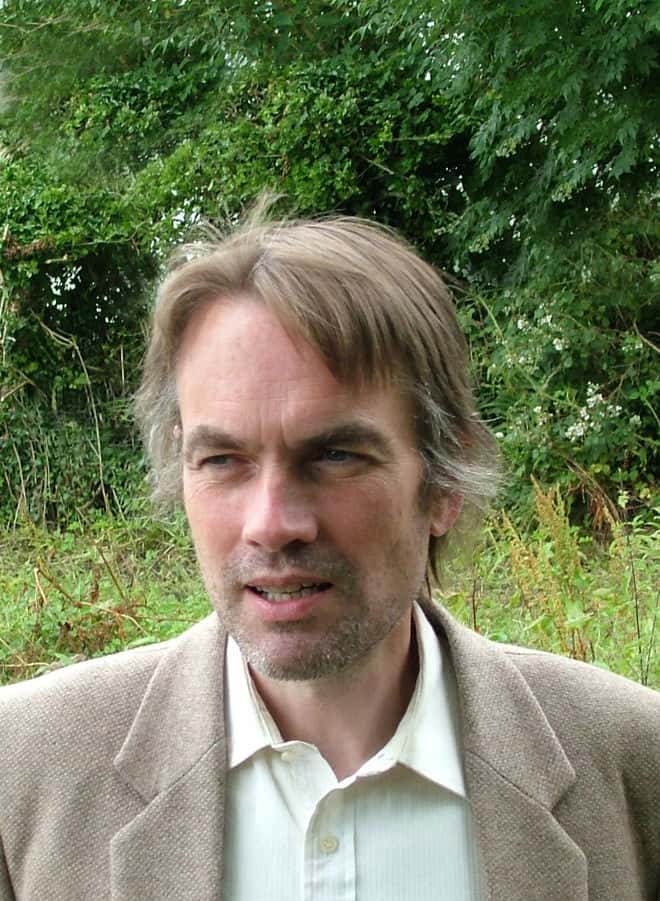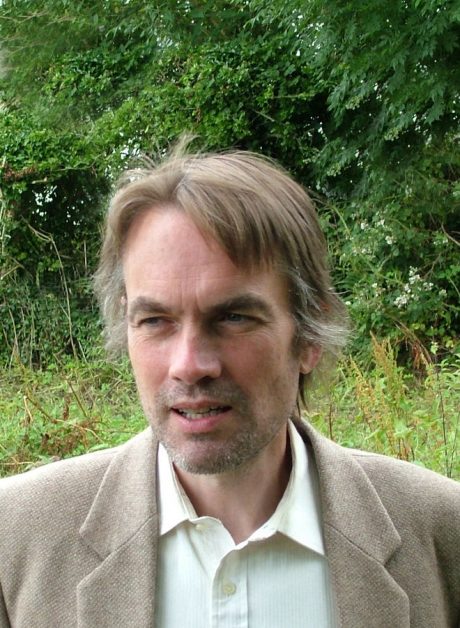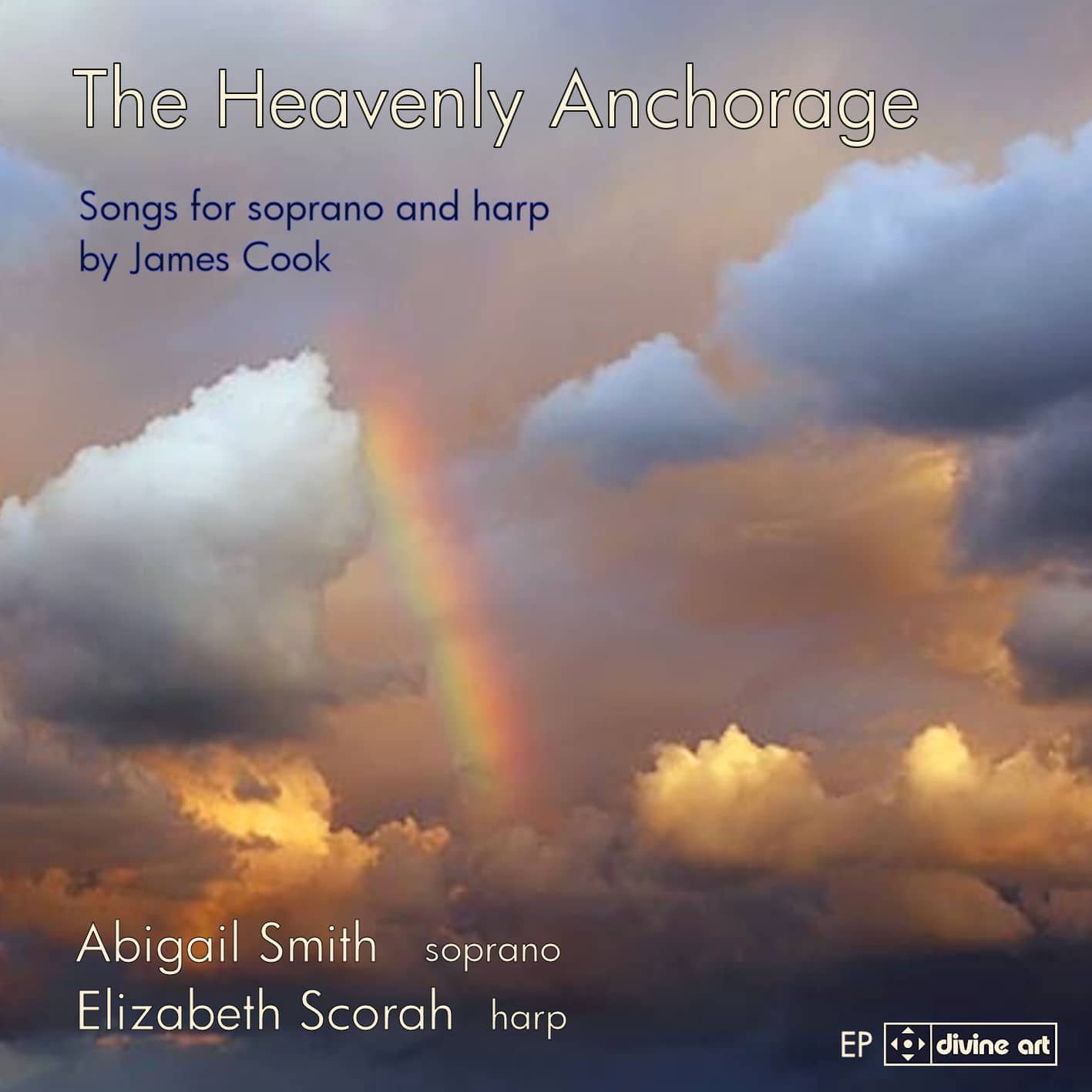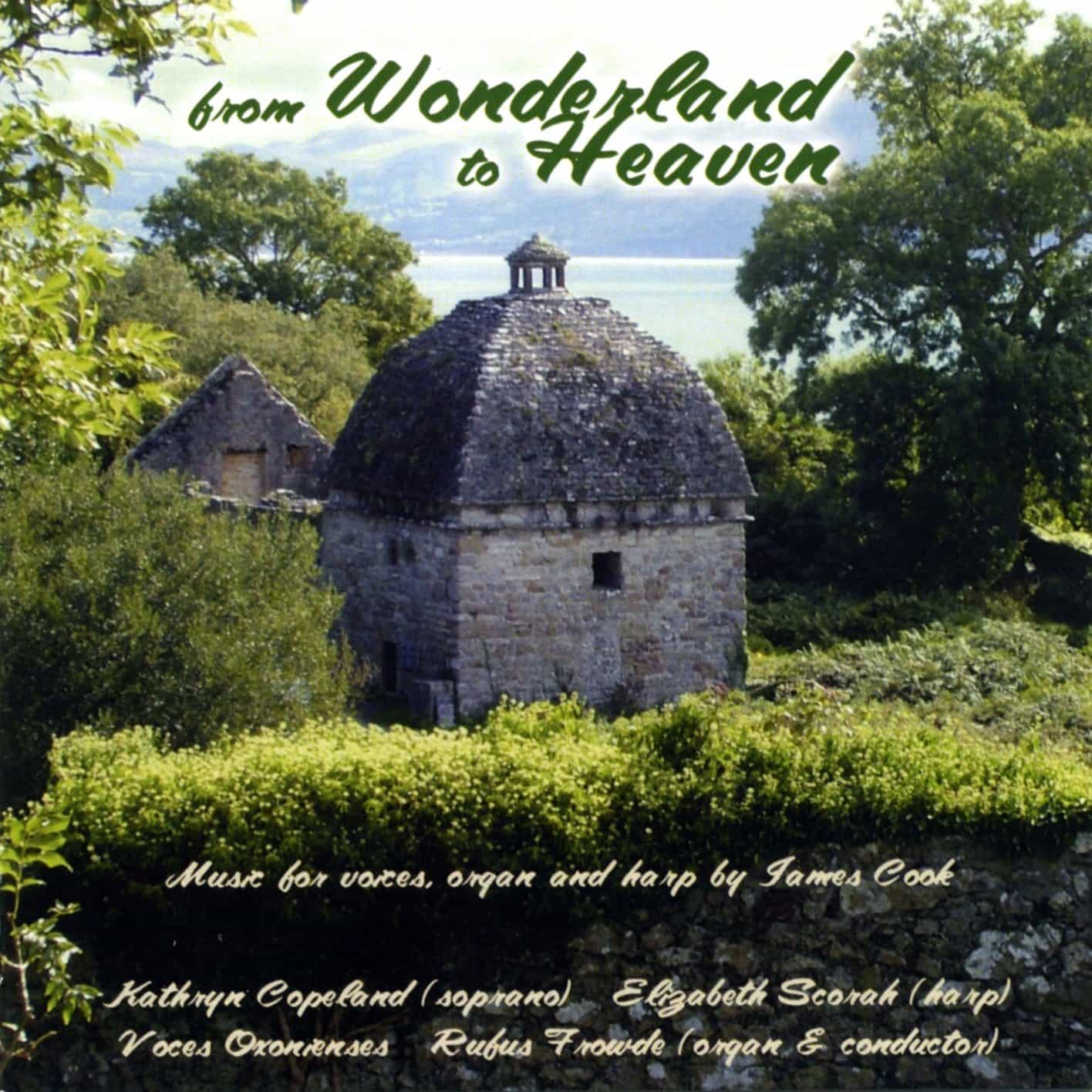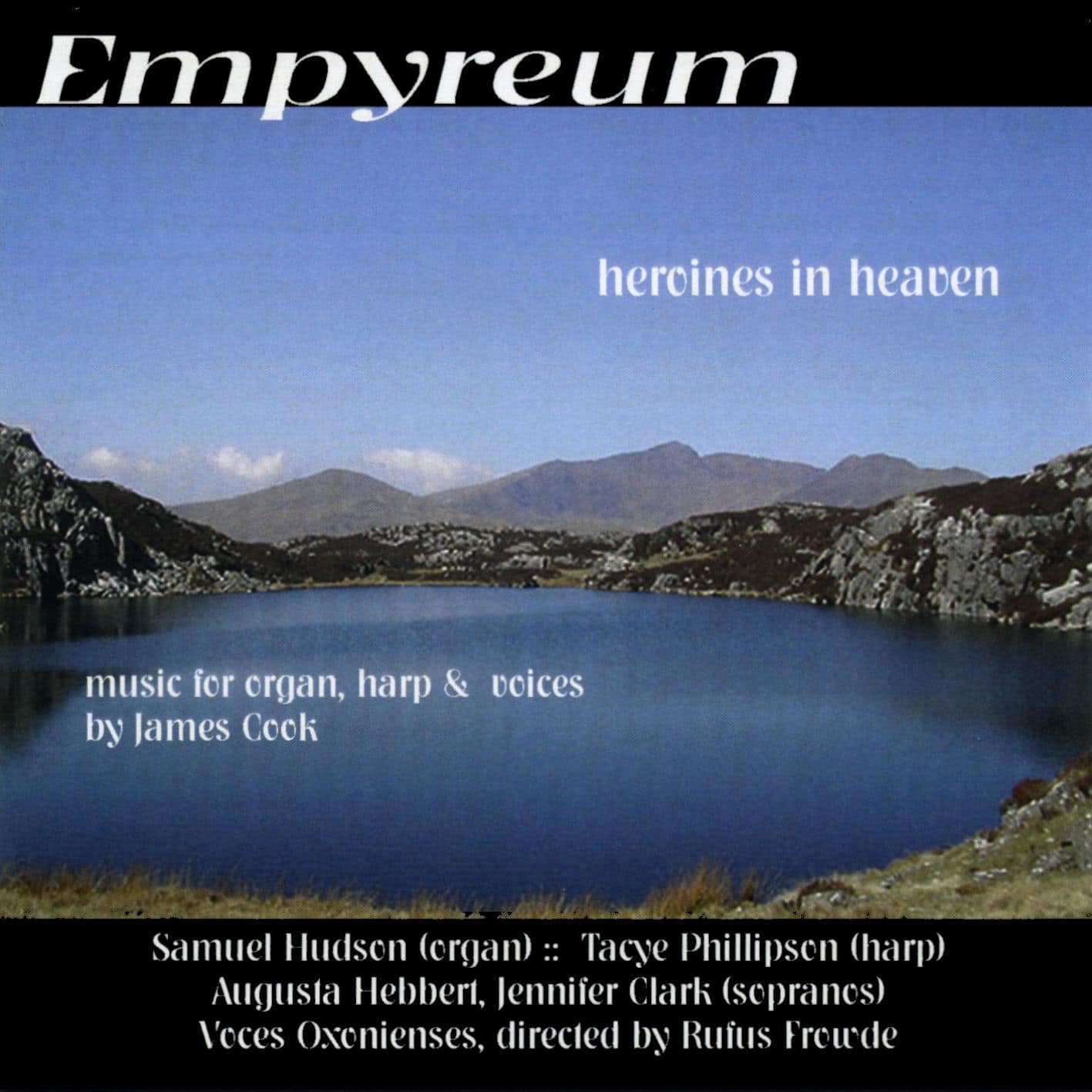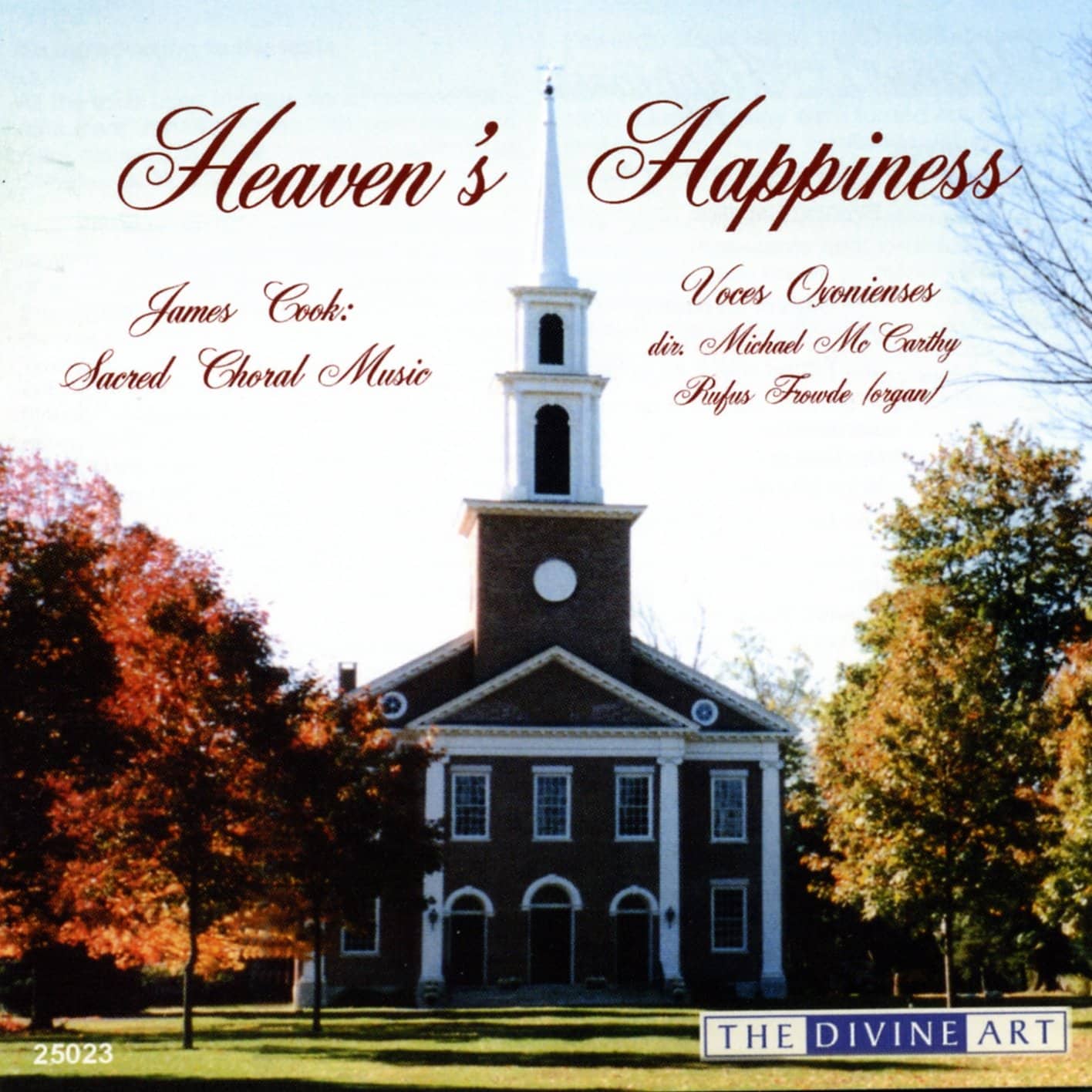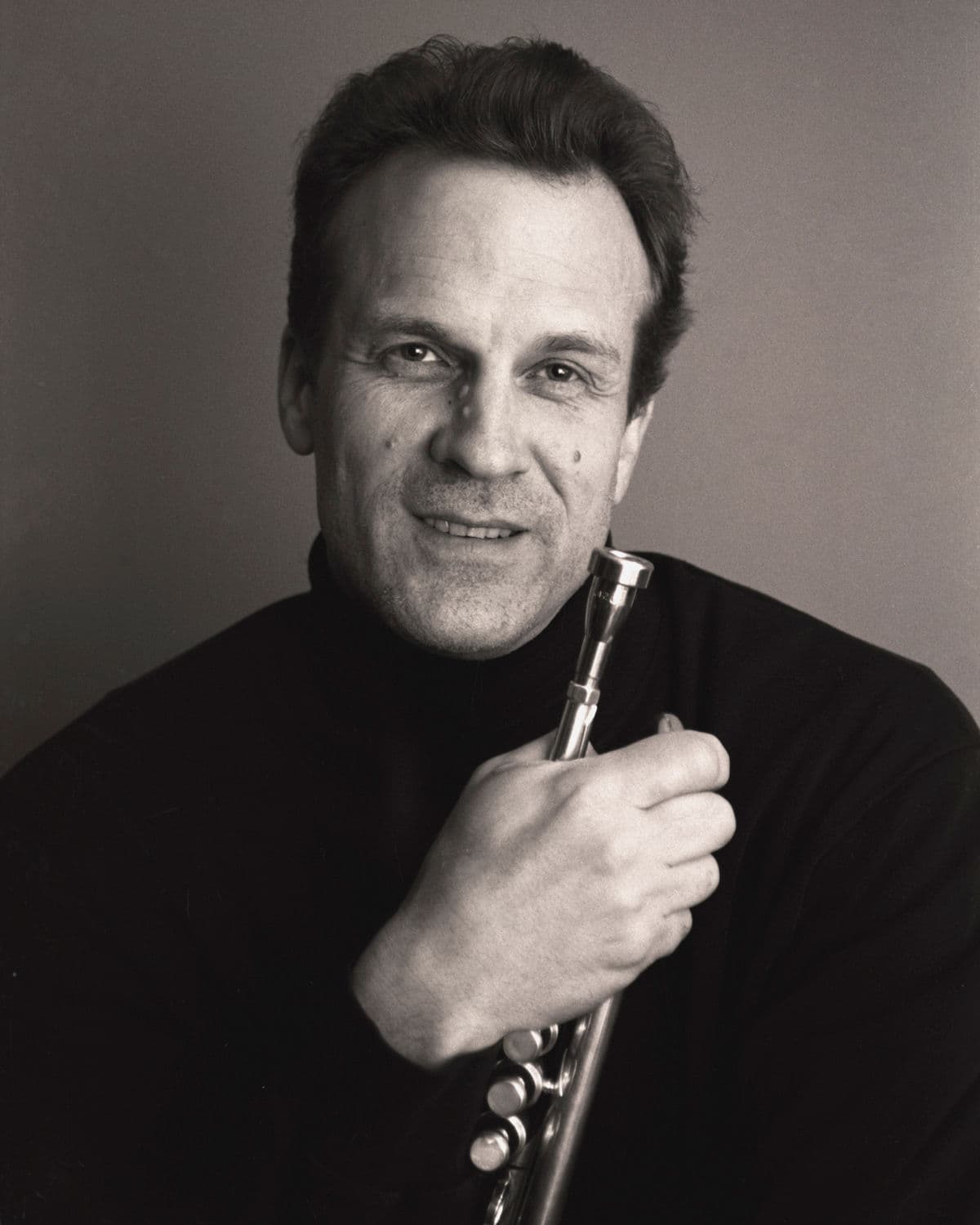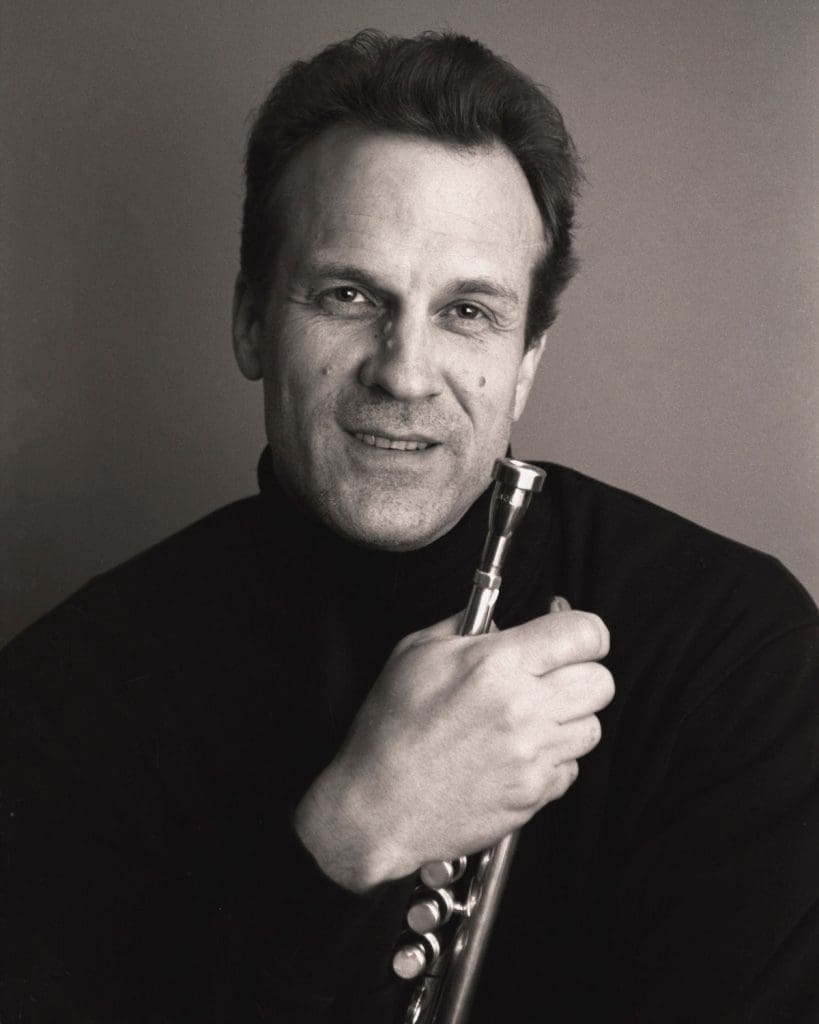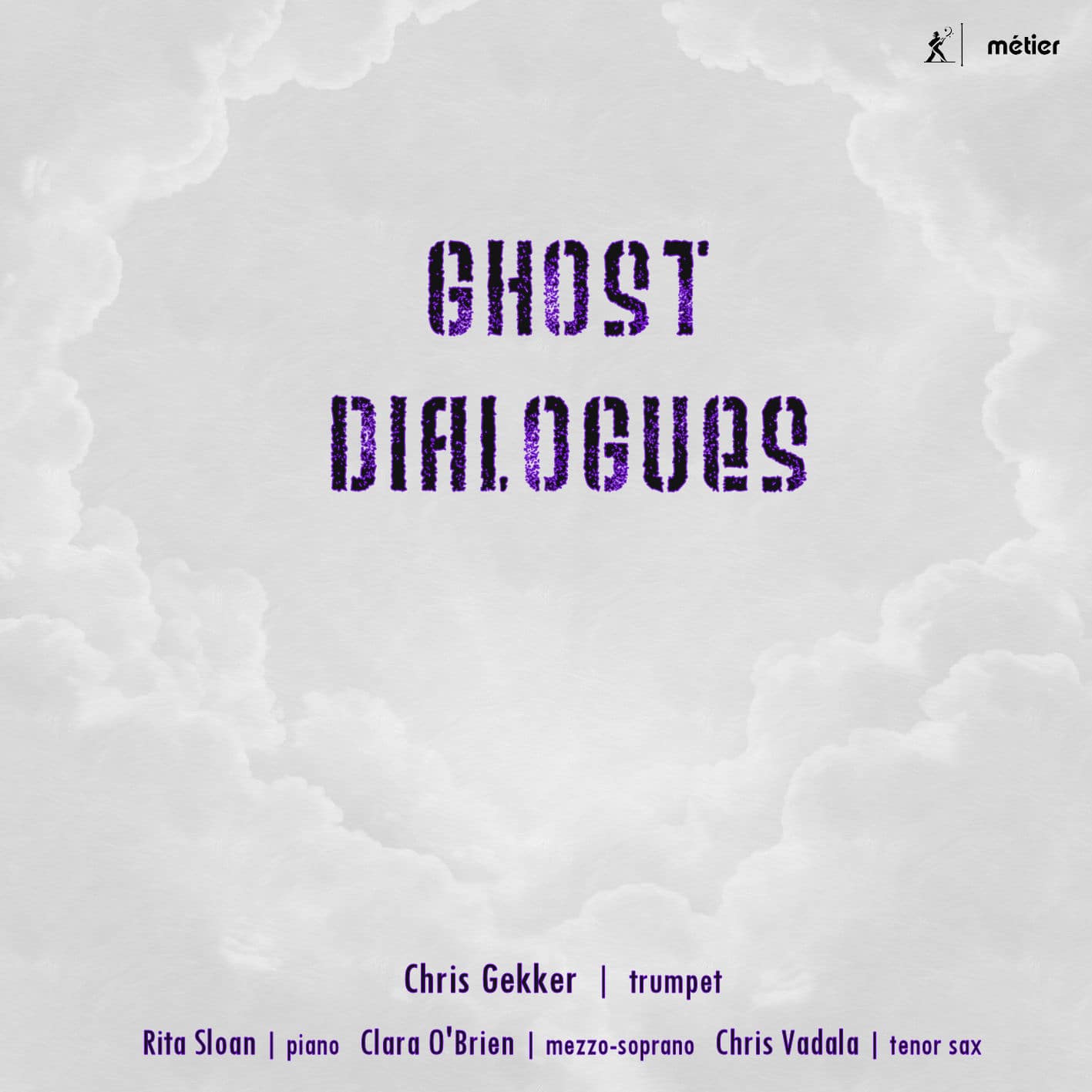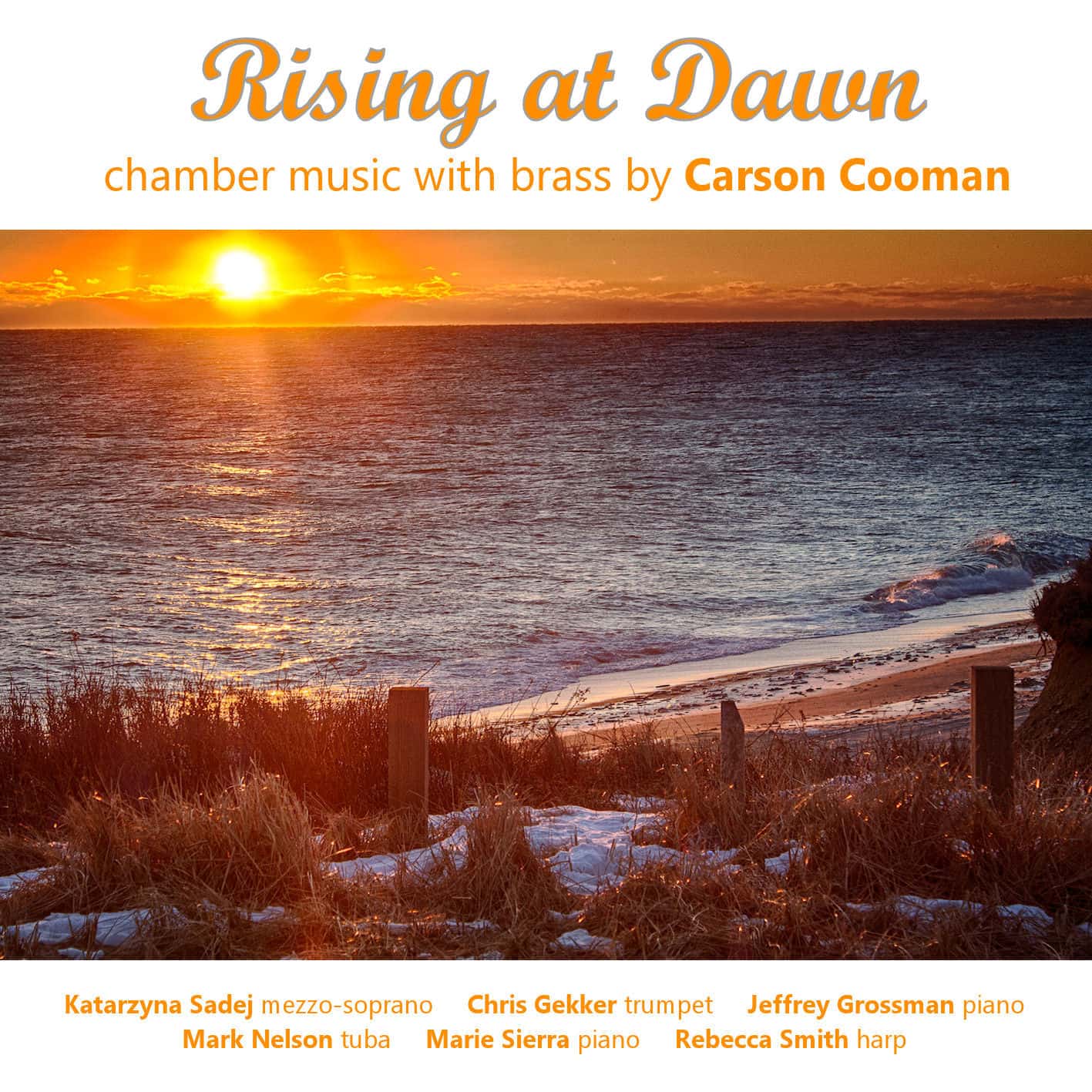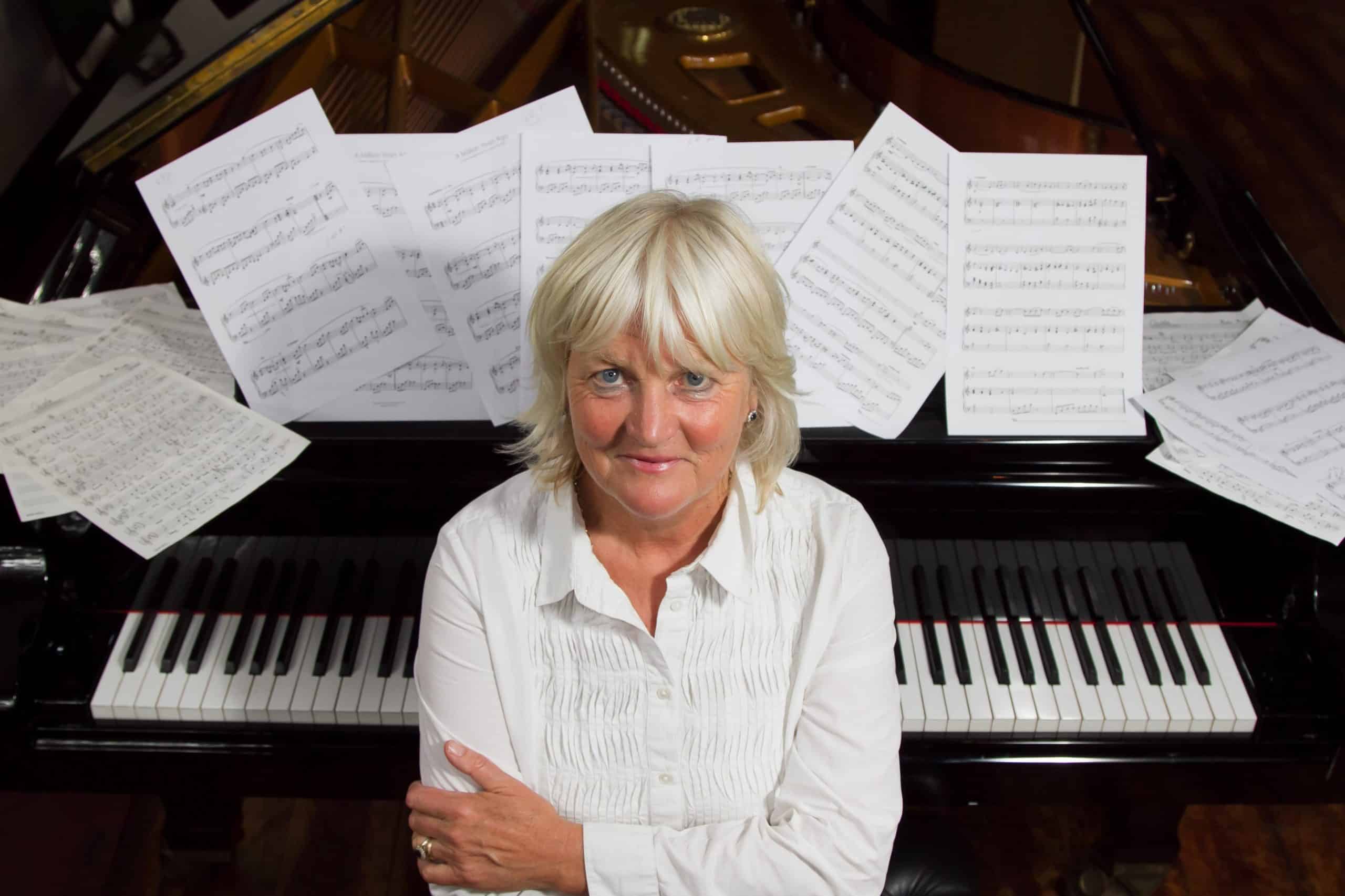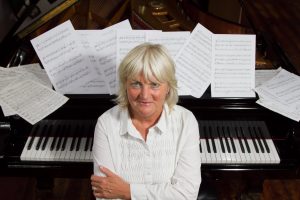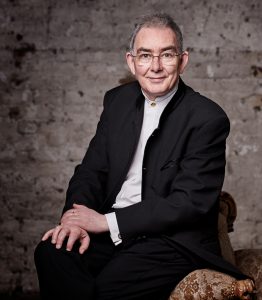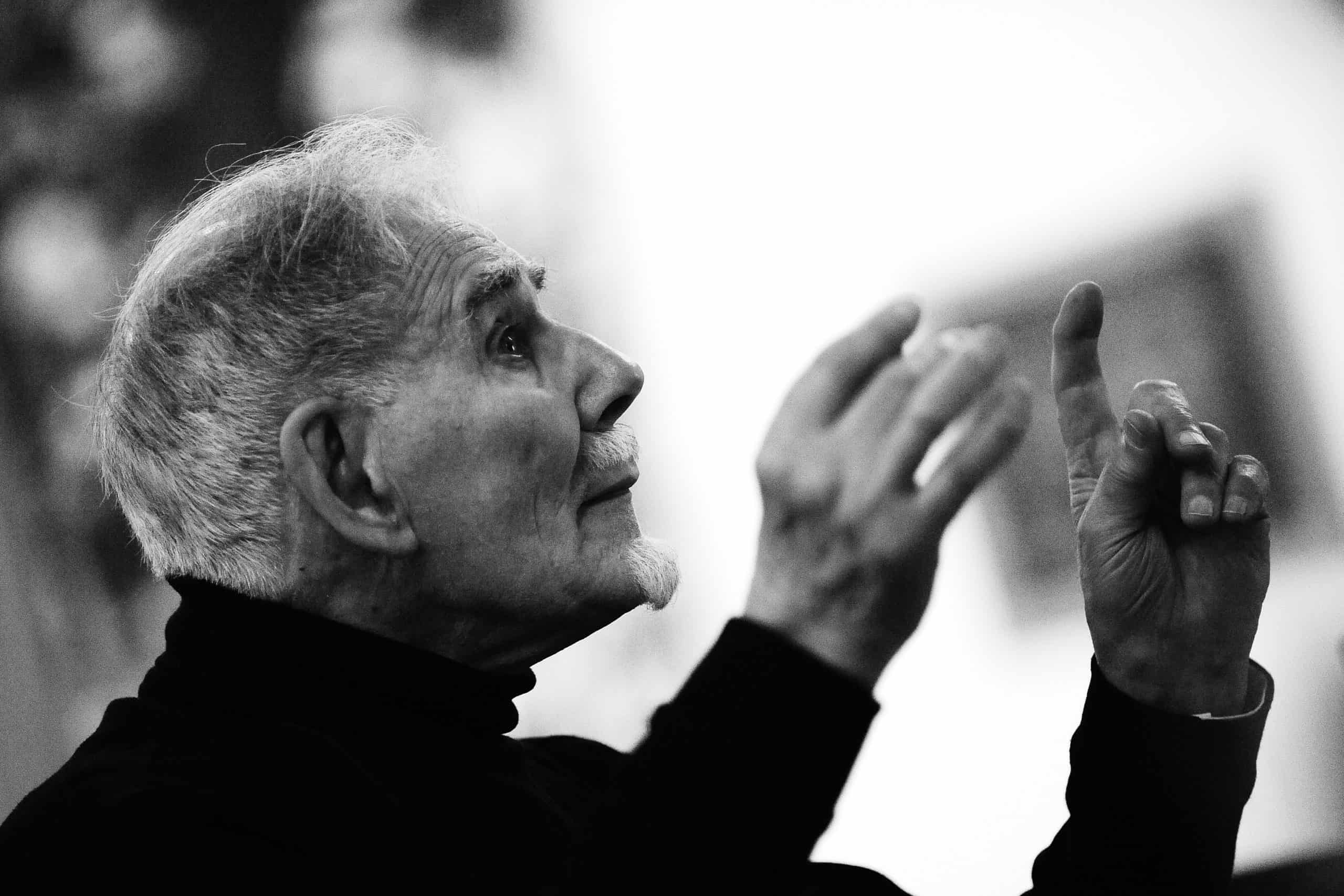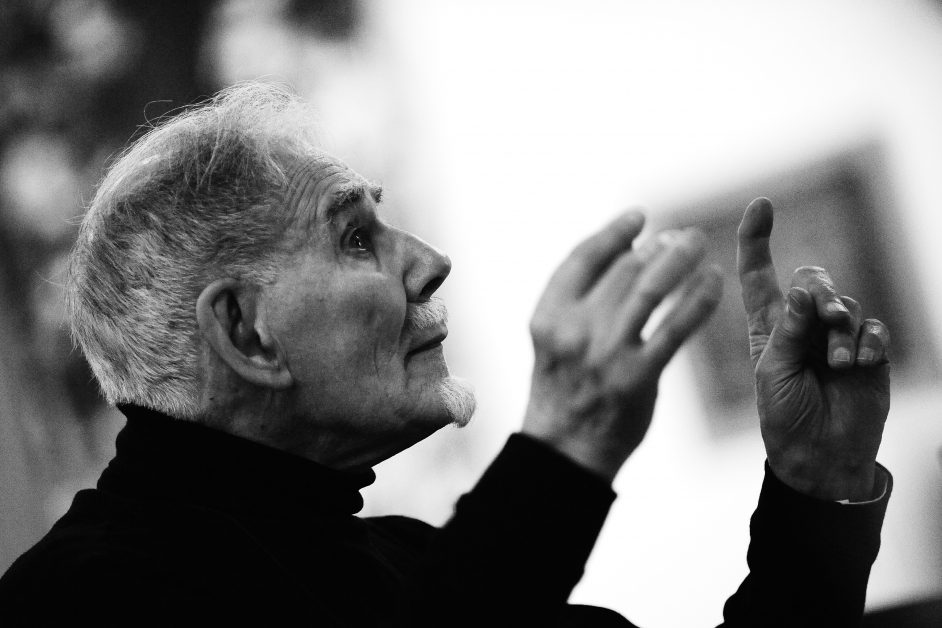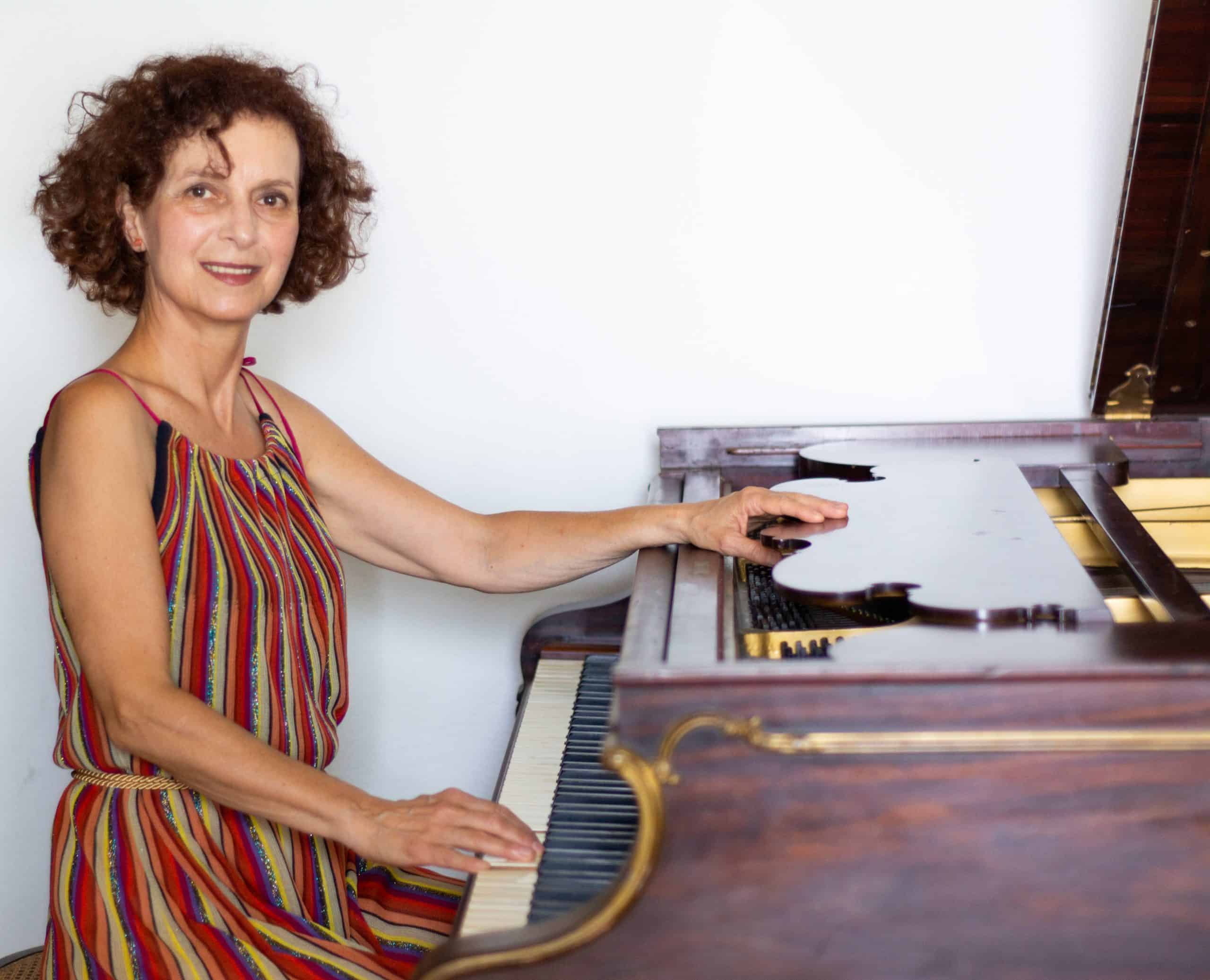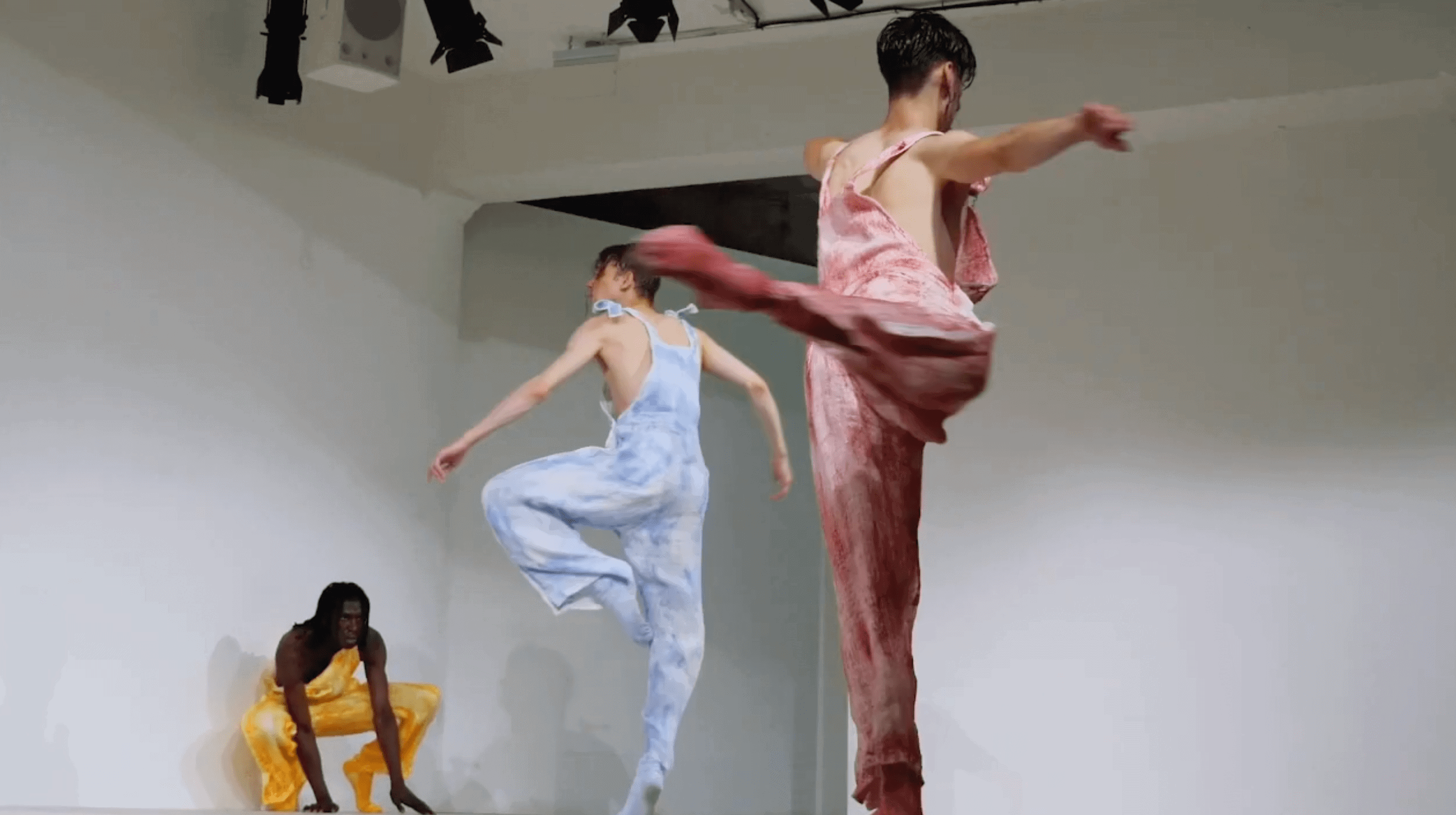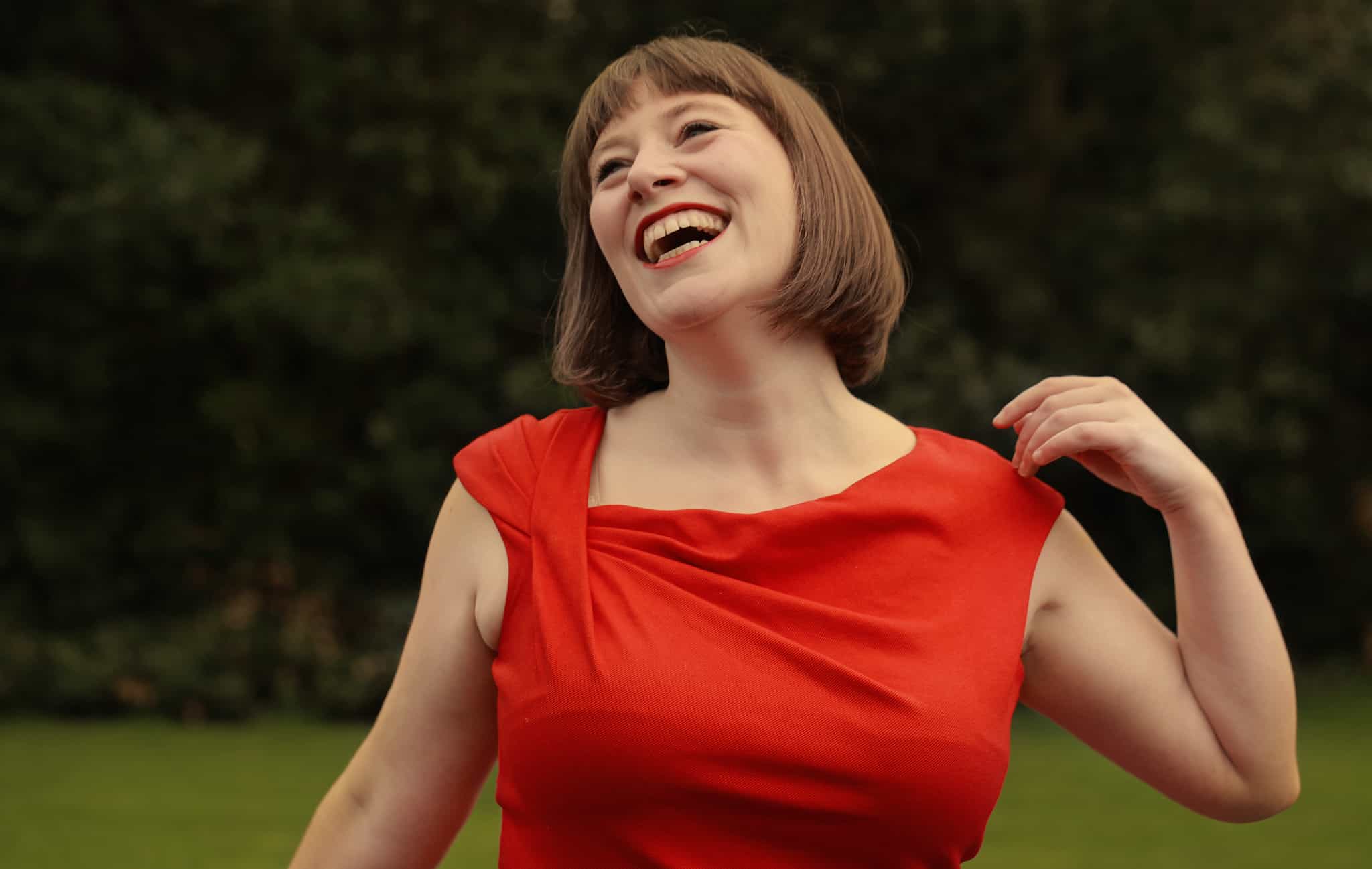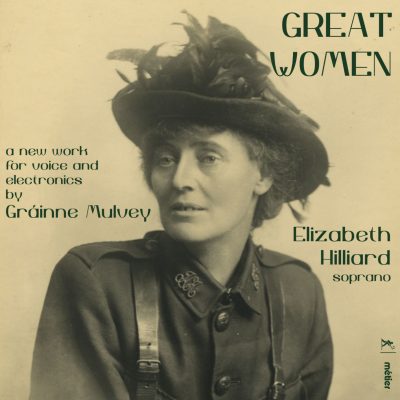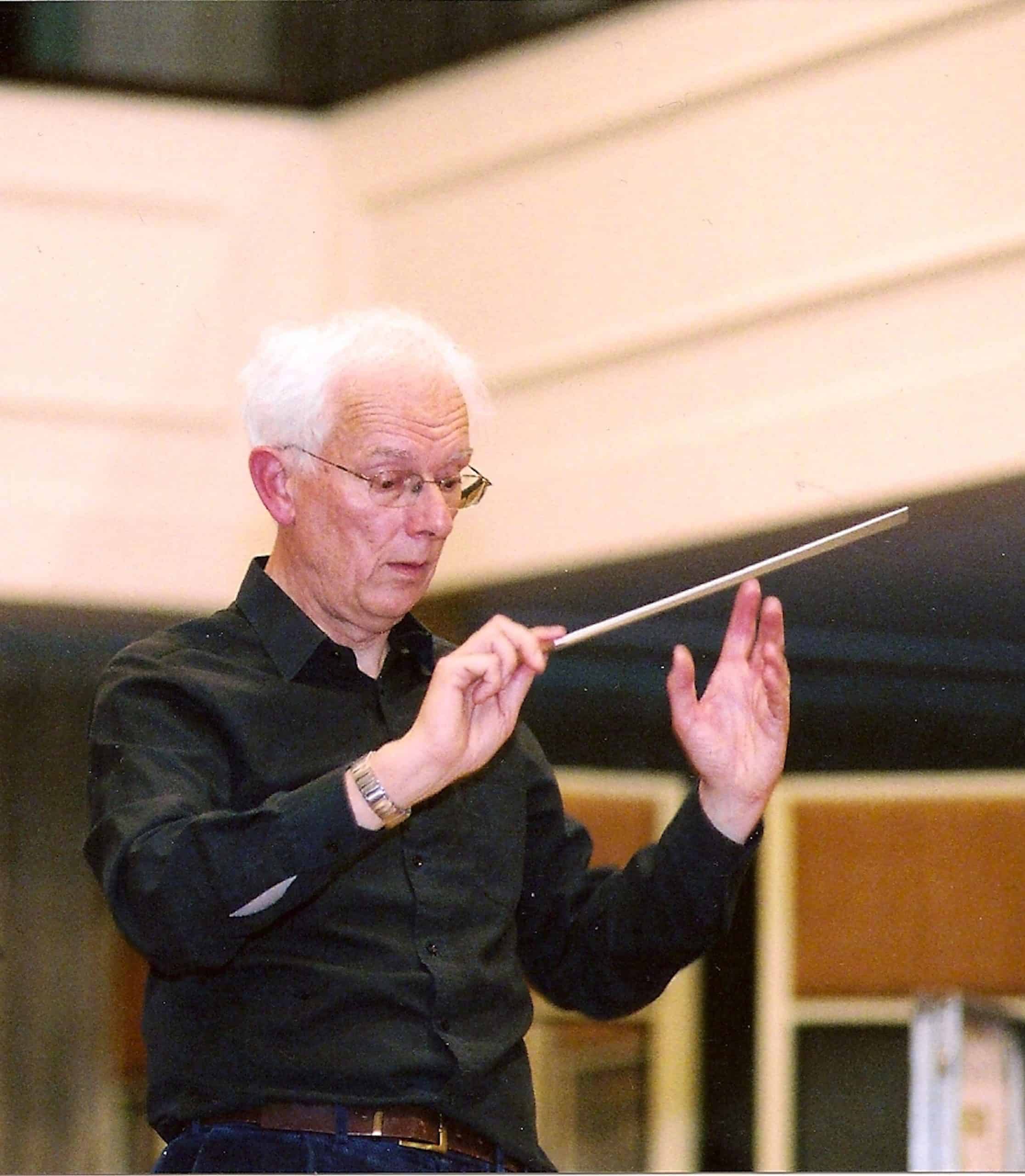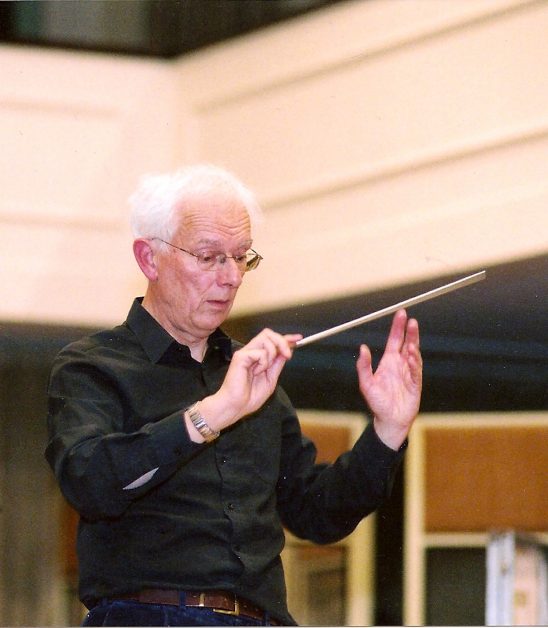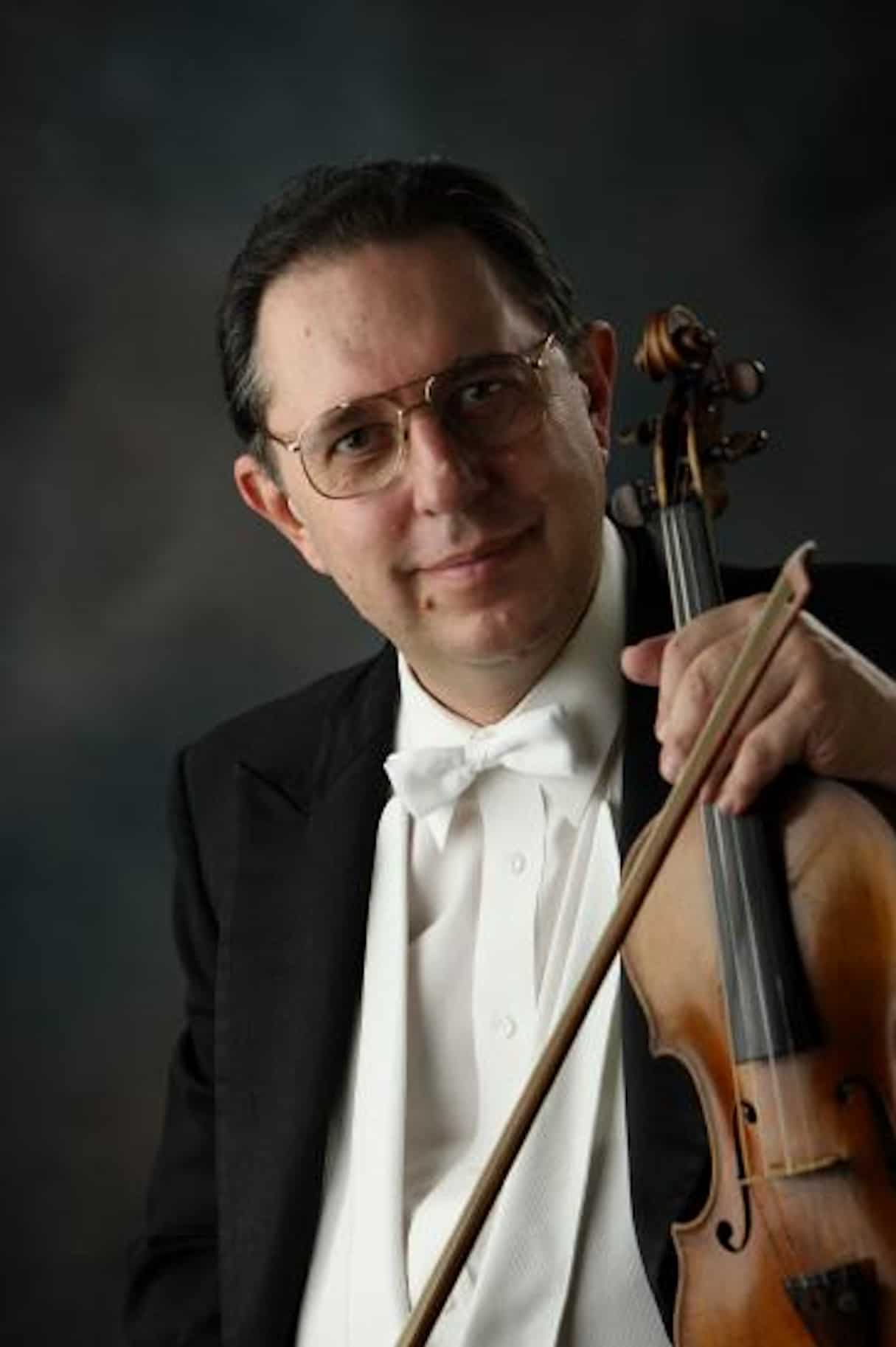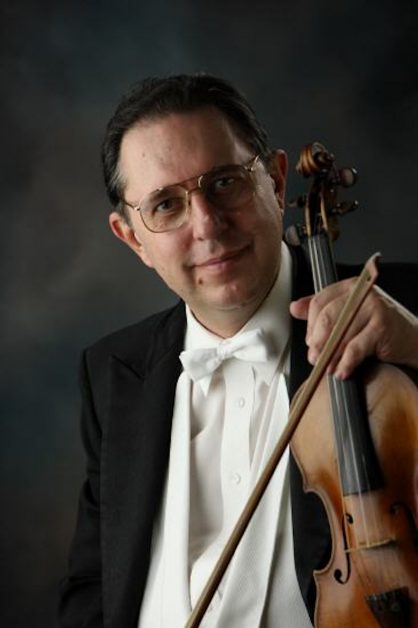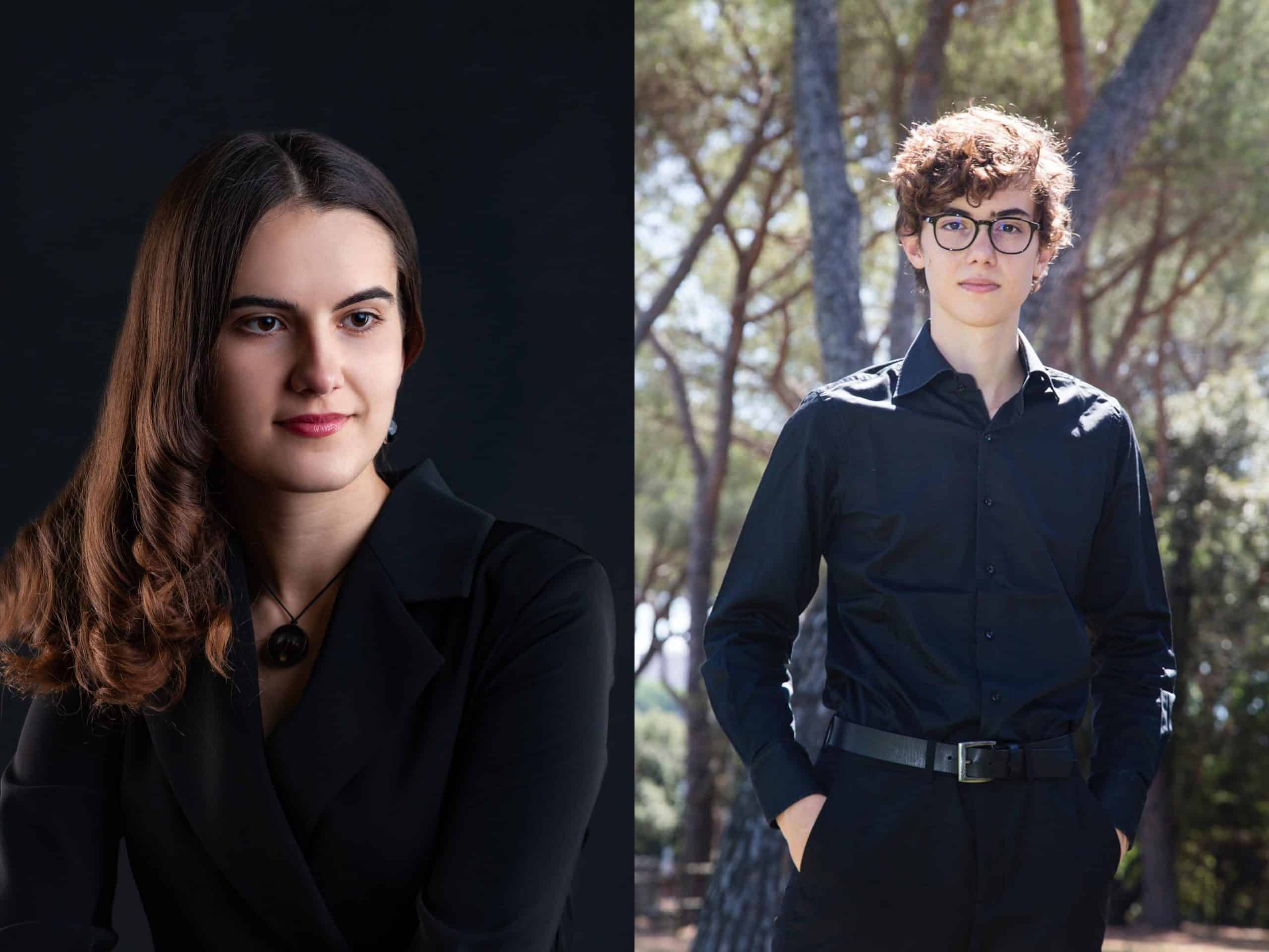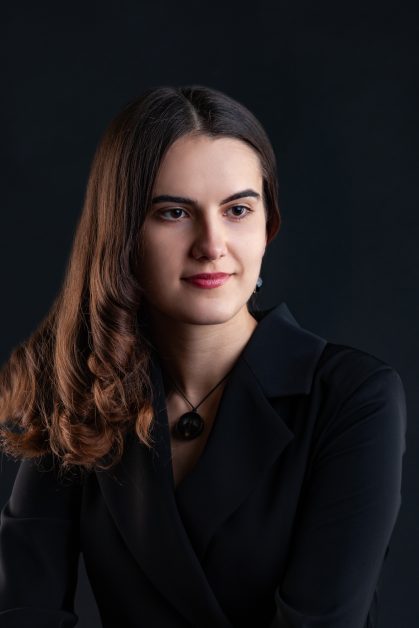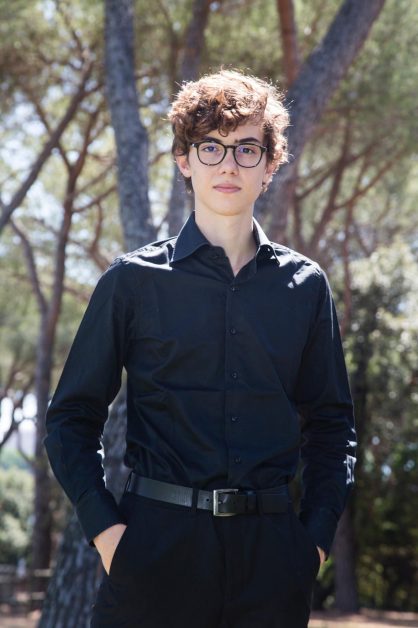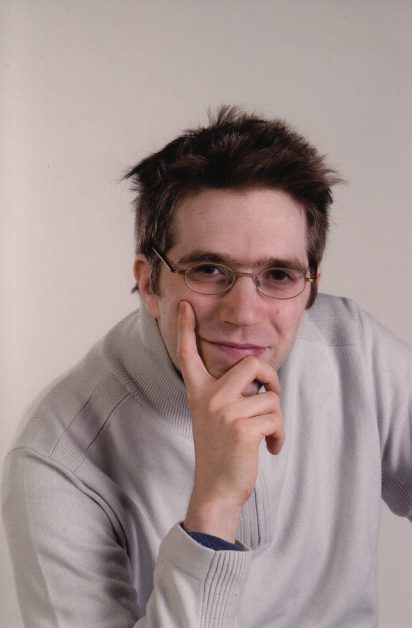
The continuing torrent of new releases from Divine Art and its sister labels continues, after the many postponements in 2020 and early 2021 due to Covid restrictions. The label will be releasing in spring 2022 a new album of piano works entitled ‘Visions and Ventures’ – not as might be supposed avant-garde works but a programme of key works from the Baroque, Classical and early modern eras.
Internationally acclaimed pianist Stephen Beville performs a programme of music by three visionary composers: from the committed reverence of J.S Bach’s Prelude and Fugue in E (Book II, Well Tempered Klavier) to the subversive irreverence of Prokofiev’s Visions Fugitives, Op 22; from pre(Russian)-revolutionary escapades to the post(French)-revolutionary aspirations and fervour of Beethoven’s early Sonata in E flat, Op 7 (‘ the Grand’). In short, music of allusion, emersion and emancipation.
Stephen Beville was acclaimed in 2010 as ‘one of the most talented young musicians to emerge from the UK’ (Frankfurter Neue Press). He began to compose and study the piano at the age of eleven. As a pianist, he has performed throughout Britain and Germany, and has made recordings and given interviews for SWR (Southwest German) radio. Beville has performed at festivals including the Huddersfield Contemporary Music Festival, the ‘Glories of the Keyboard’, and ‘American Reflections’ festivals at the Royal Northern College of Music and the London New Wind Festival.
Reviews for Stephen Beville:
“Stephen Beville creates a dazzling impression every time he plays. His performances are full of thrilling showmanship delivered with impressive skill. Another rousing recital of piano wonders.” – Classical Journey
“The young artist began with Beethoven’s Sonata in E-flat, Op 7. In the first movement he clearly realised the formal structure. Unpretentious and so well learned as to be self-expressed, he gave the Largo intensive shape. His economic and meaningful use of the pedal in the following movement was good to hear and in the hearty virtuosity of the Rondo finale, there was a fine conception. Outstanding pianism….” – Badische Neueste Nachrichten
“As much as I revere the playing of Arrau, Rubenstein and Ax, I found Beville’s way with the score refreshing…. His is a career to keep one’s ears open for.” – Fanfare
Visions and Ventures
Label: Divine Art
Catalogue number: DDA 25230
Artist: Stephen Beville (piano)
Works:
Prelude and Fugue in E major, BWV 878 (Johann Sebastian Bach)
Piano Sonata in E flat major, Op. 7 (Ludwig van Beethoven)
Visions Fugitives, Op. 22 (Sergei Prokofiev)
Release date: around March 2022

